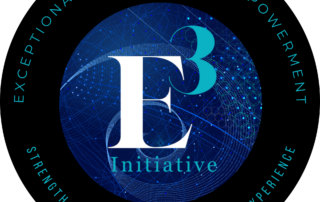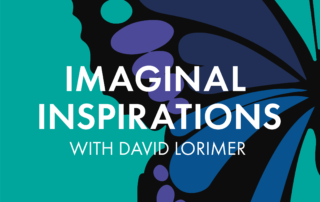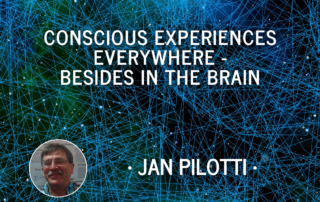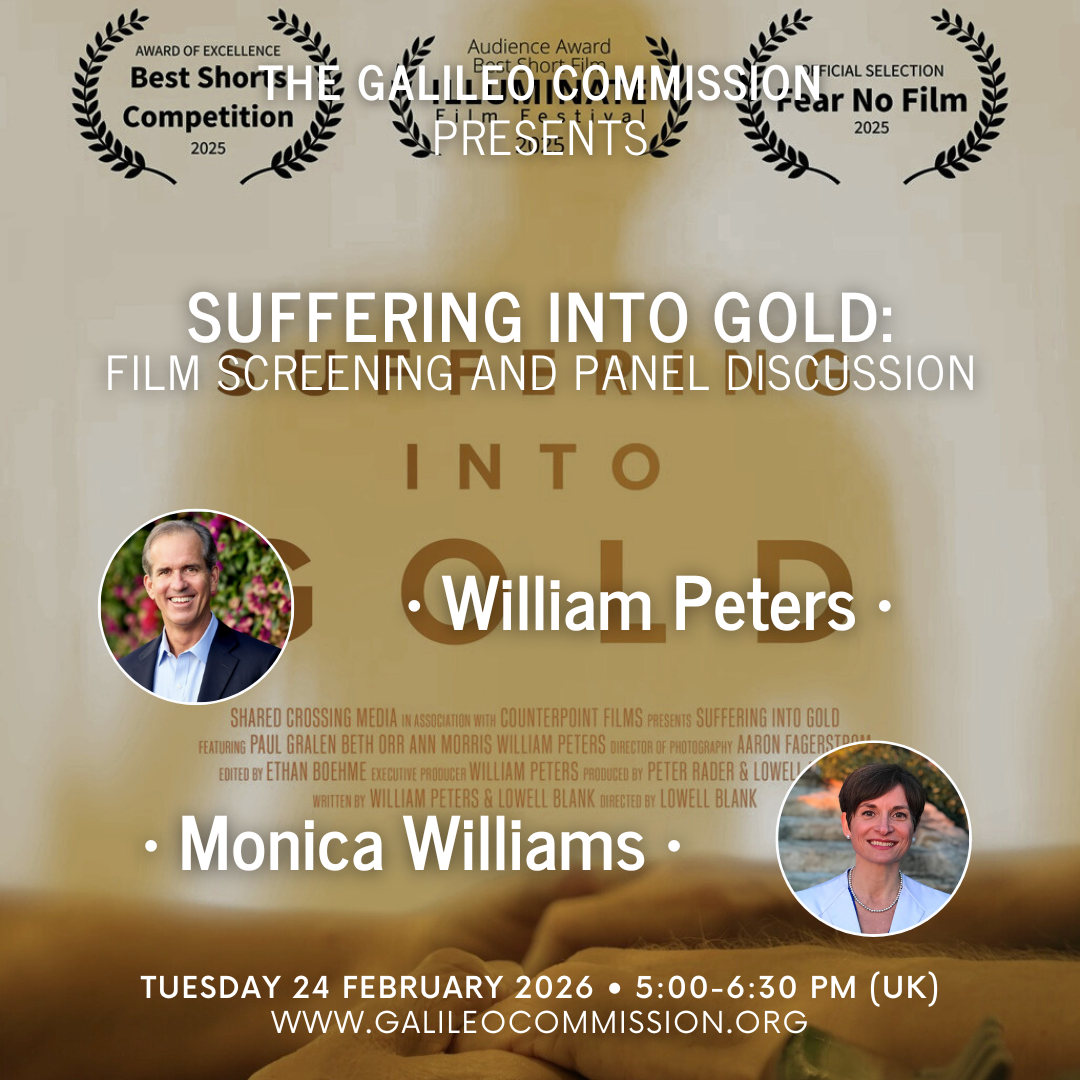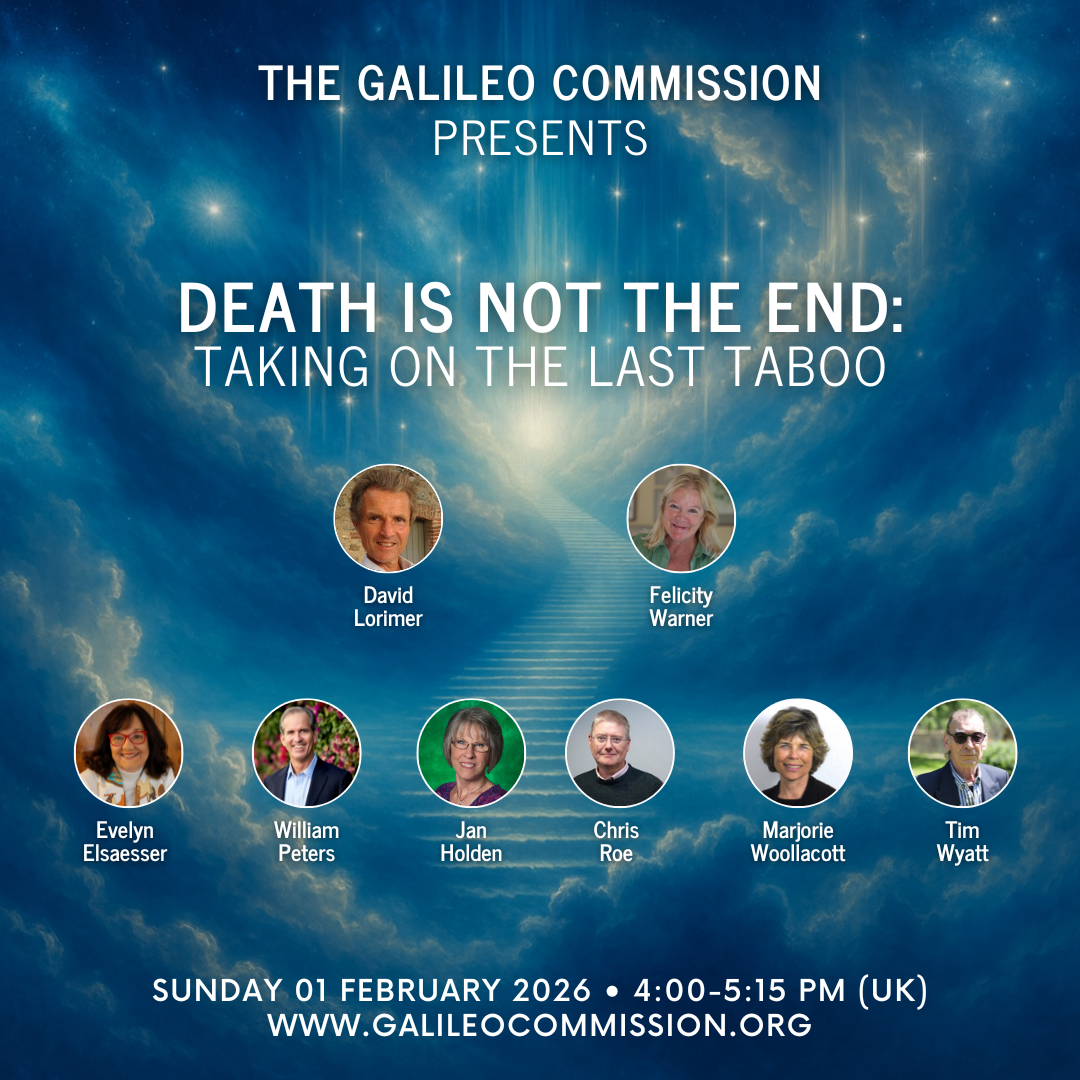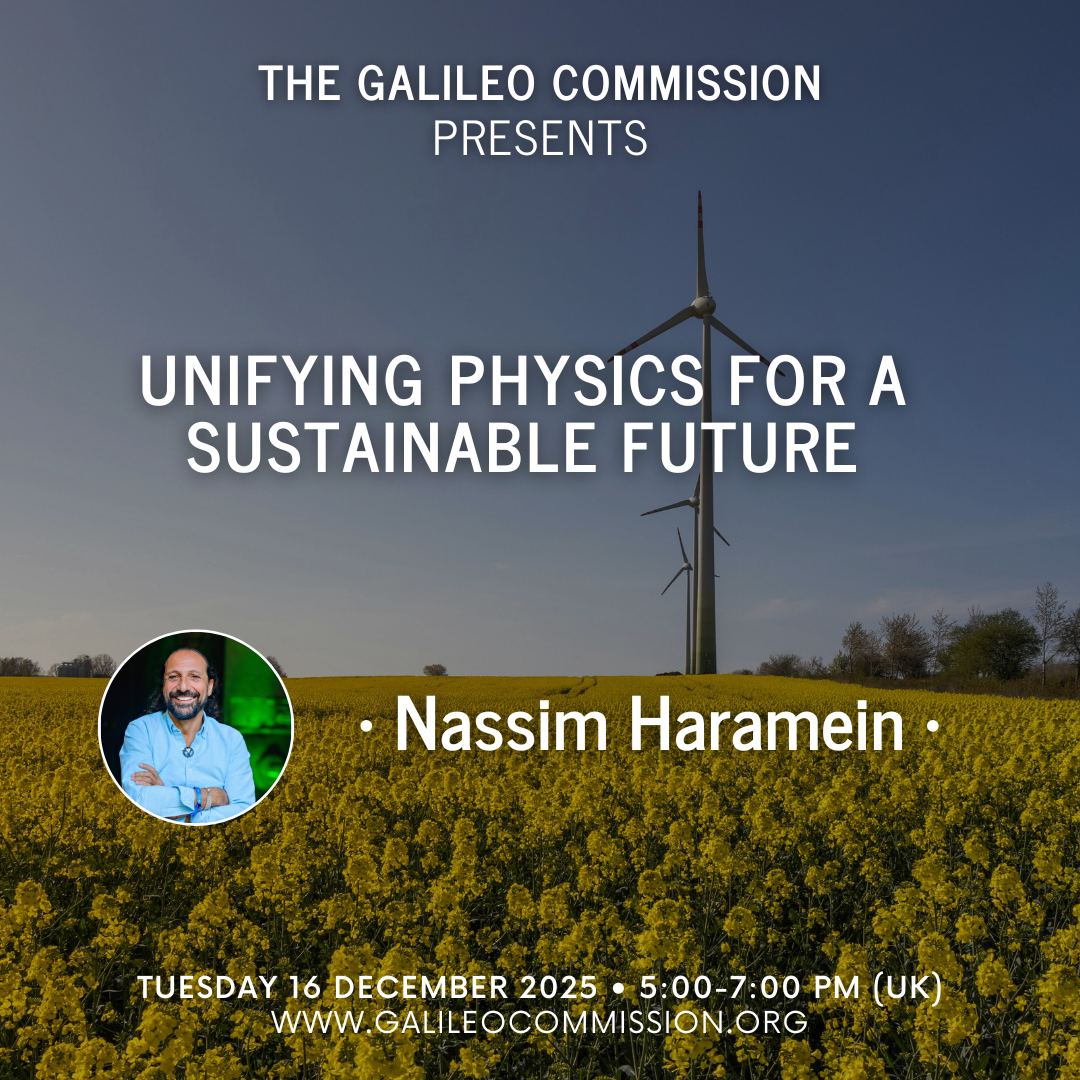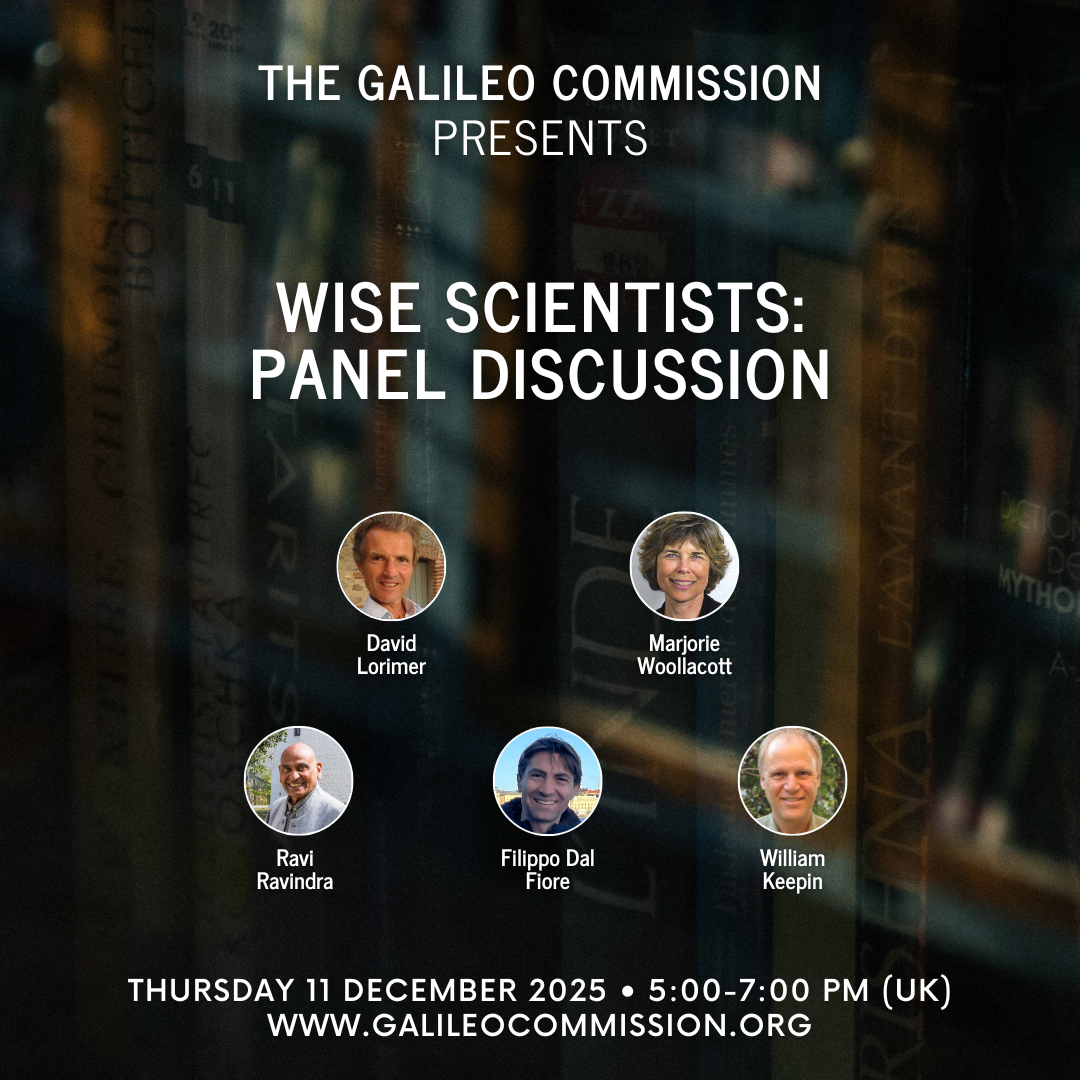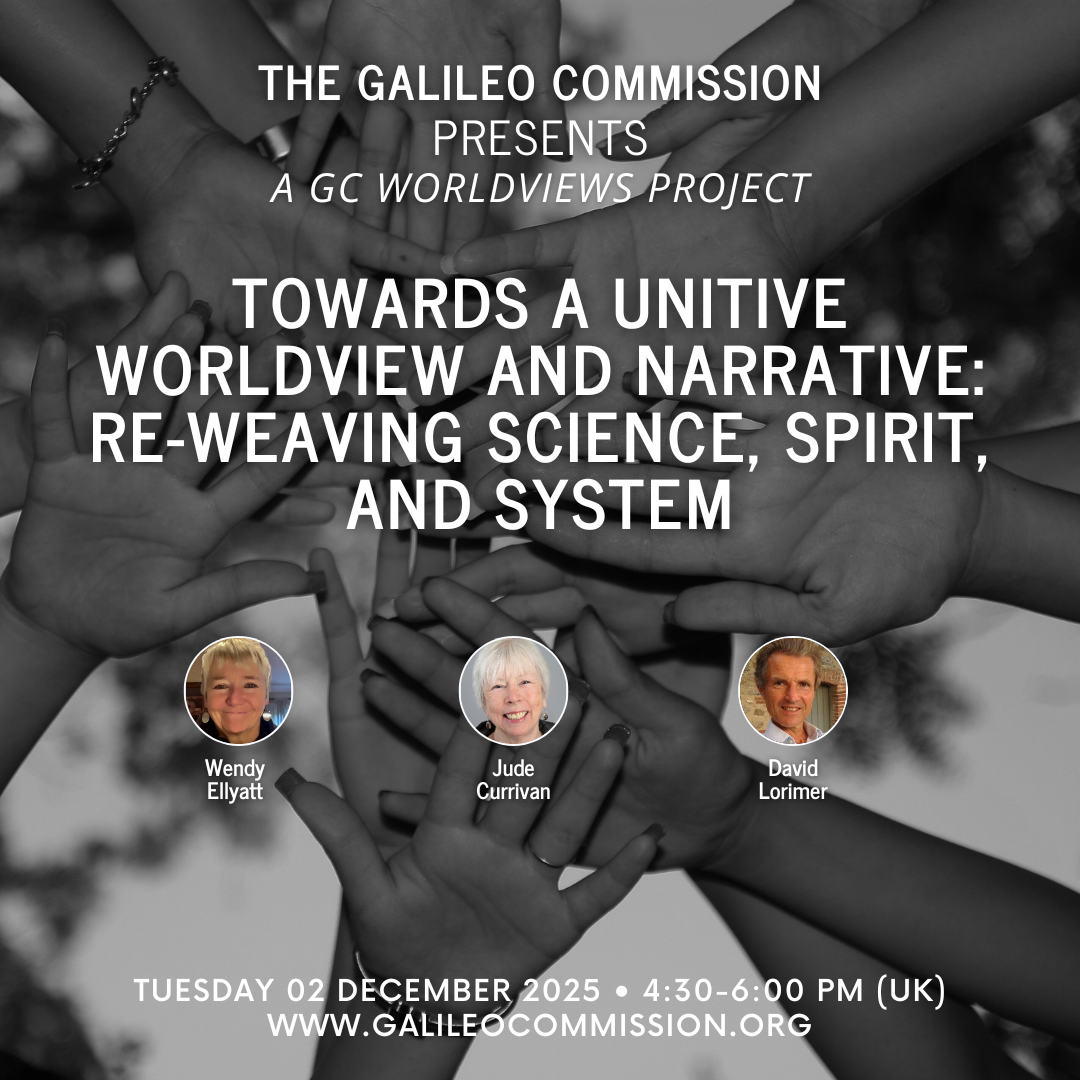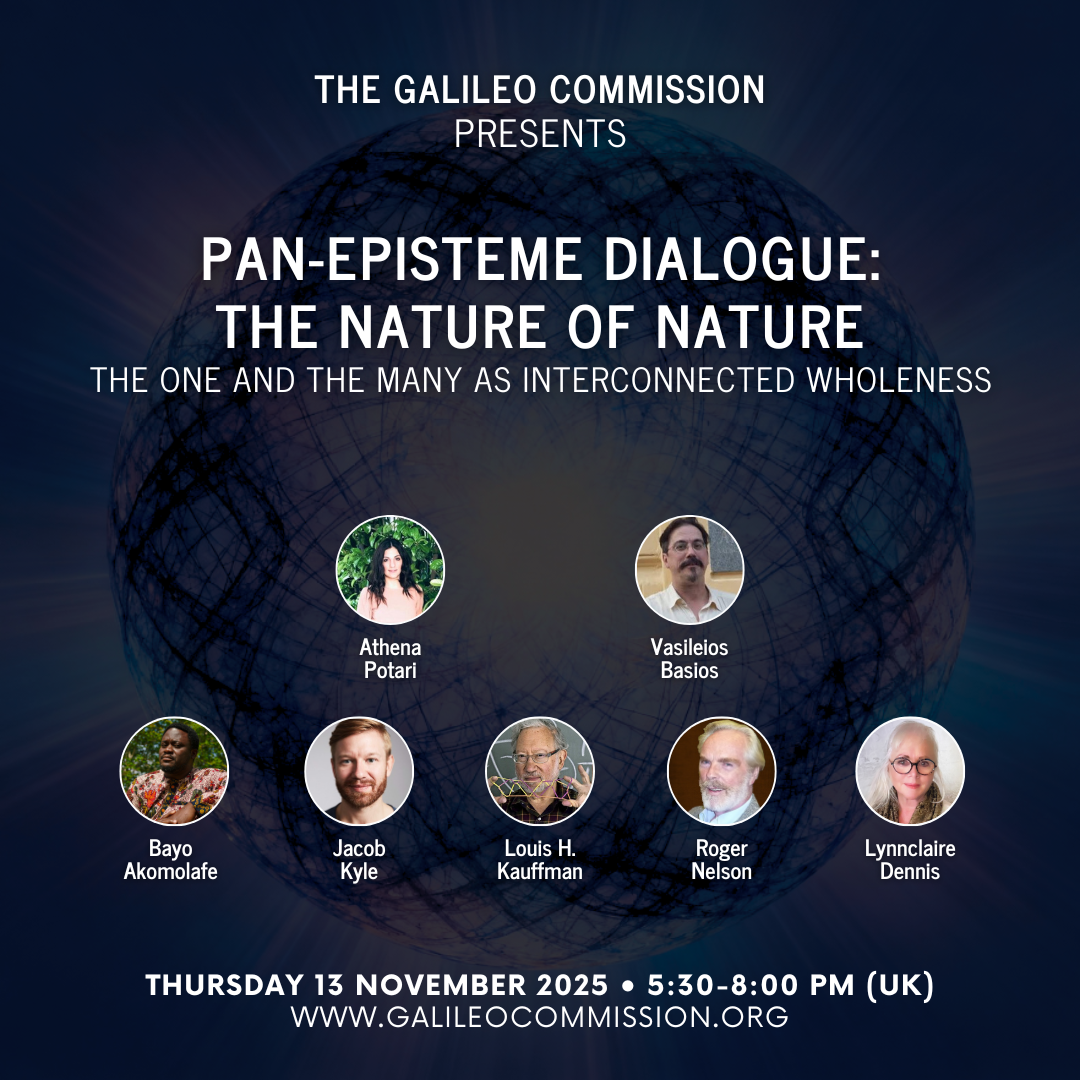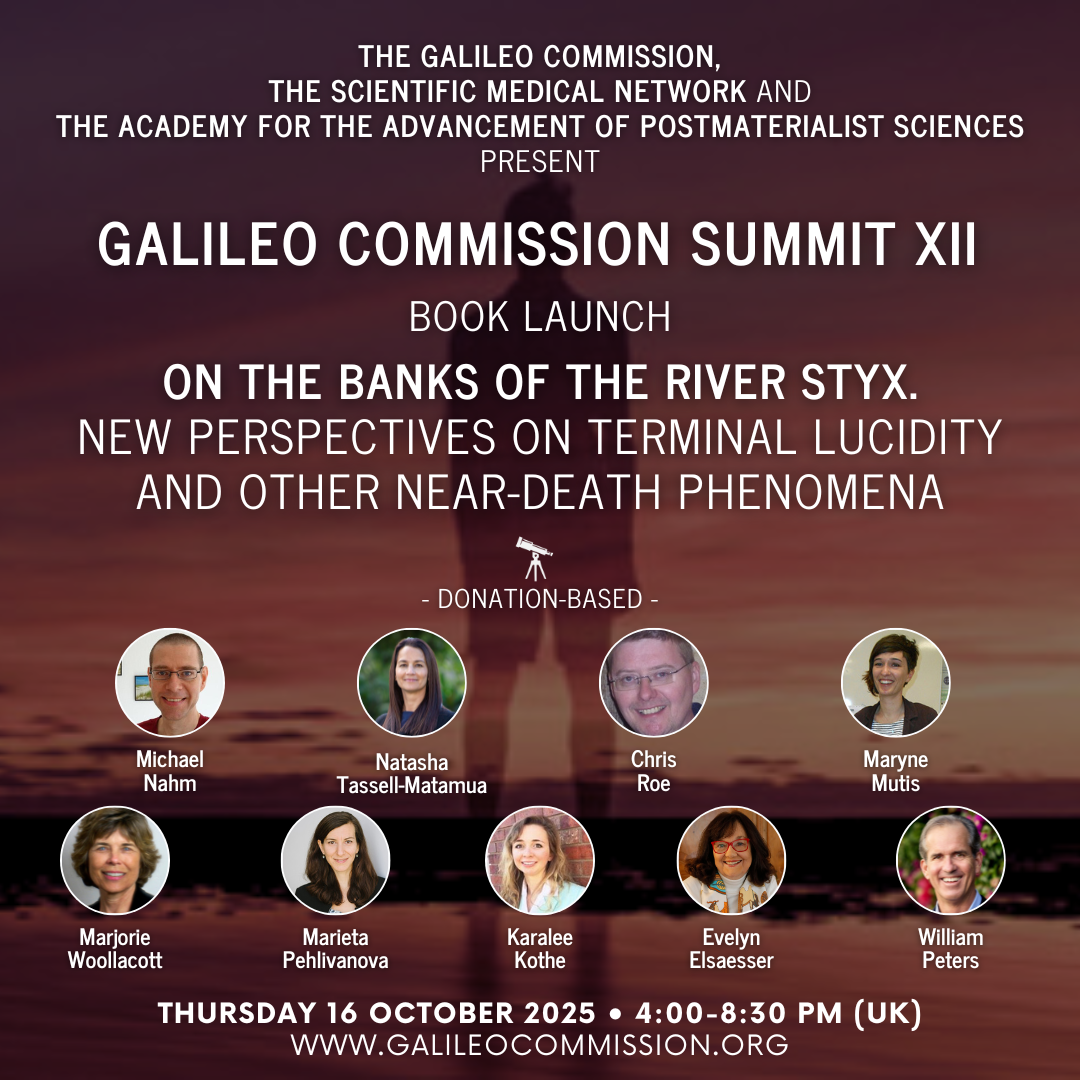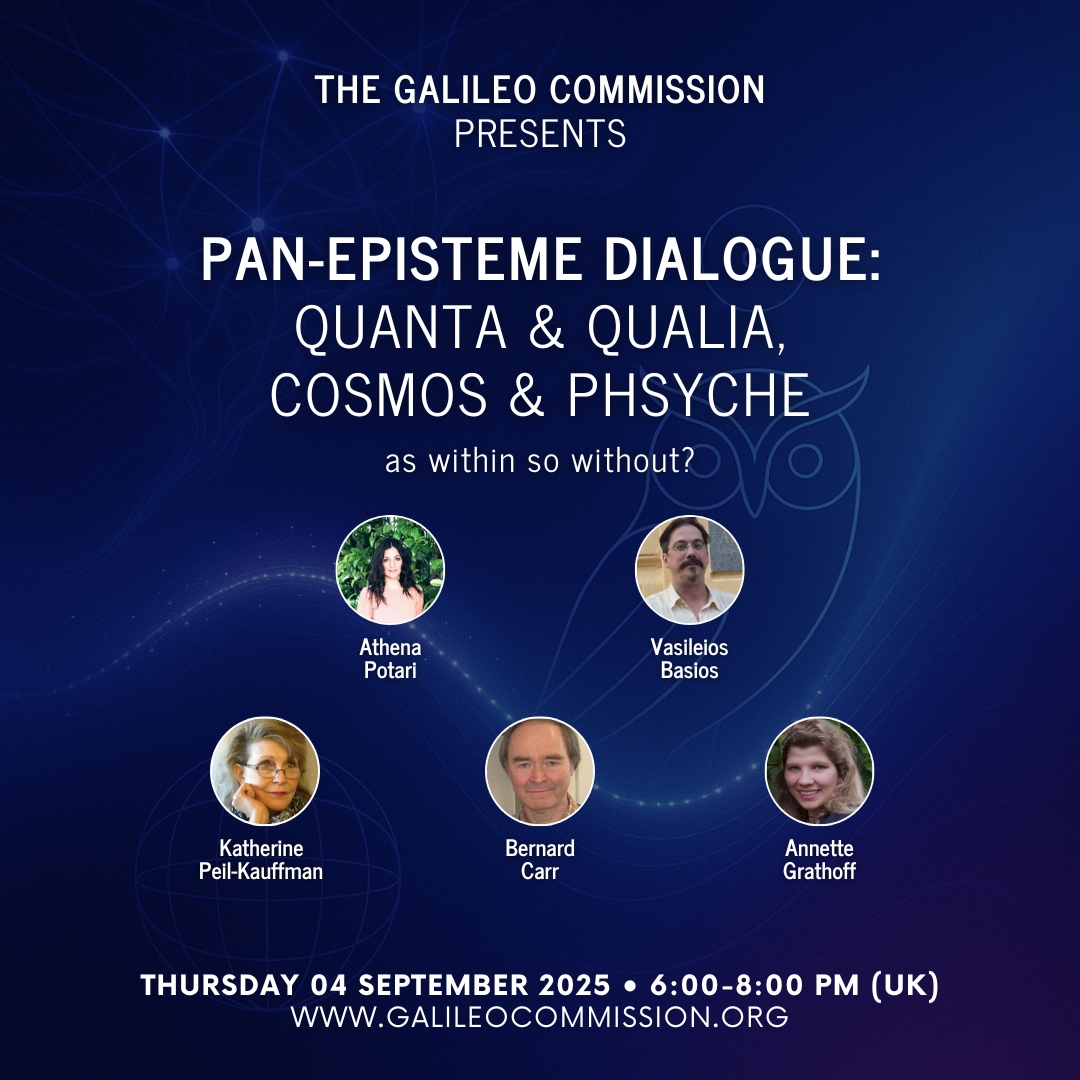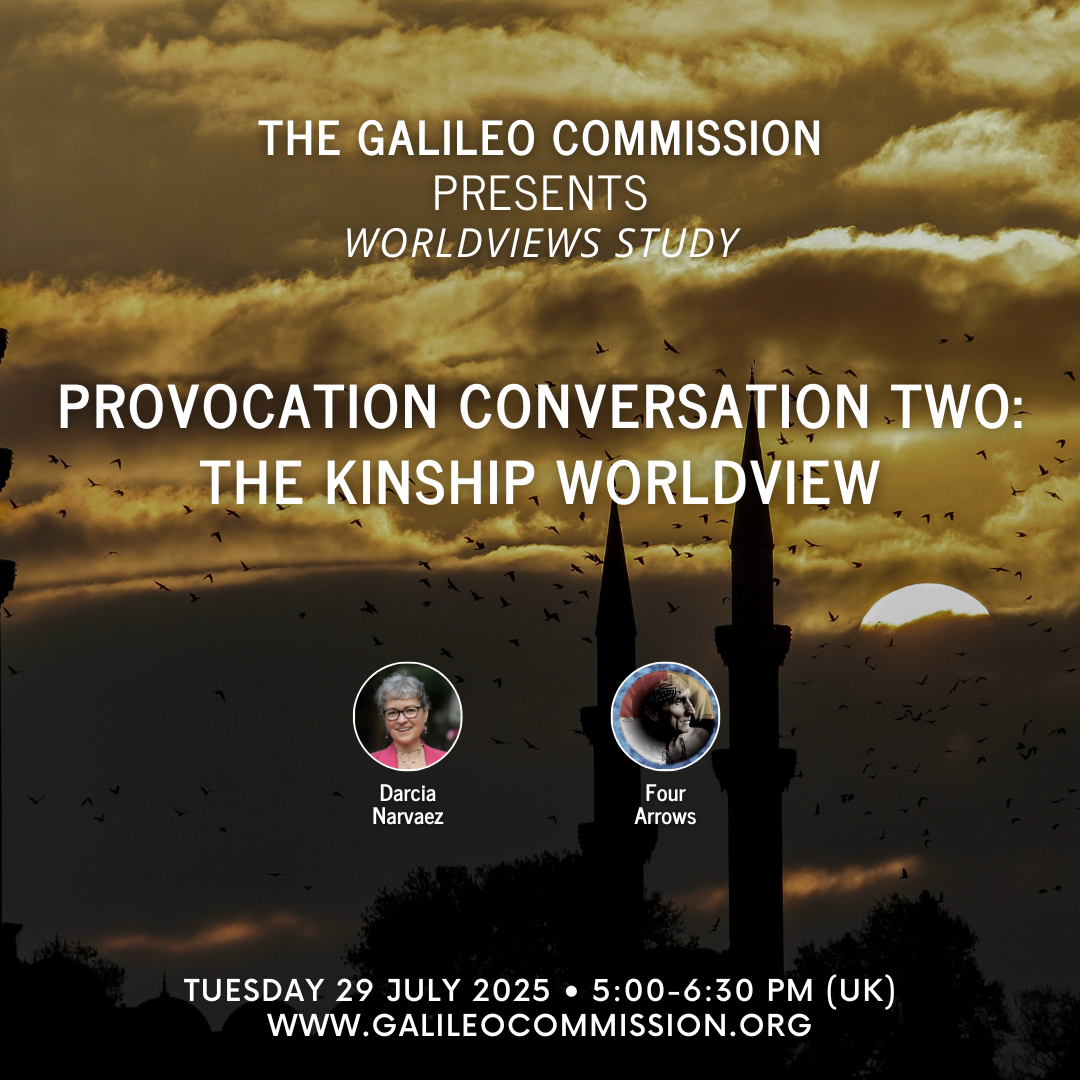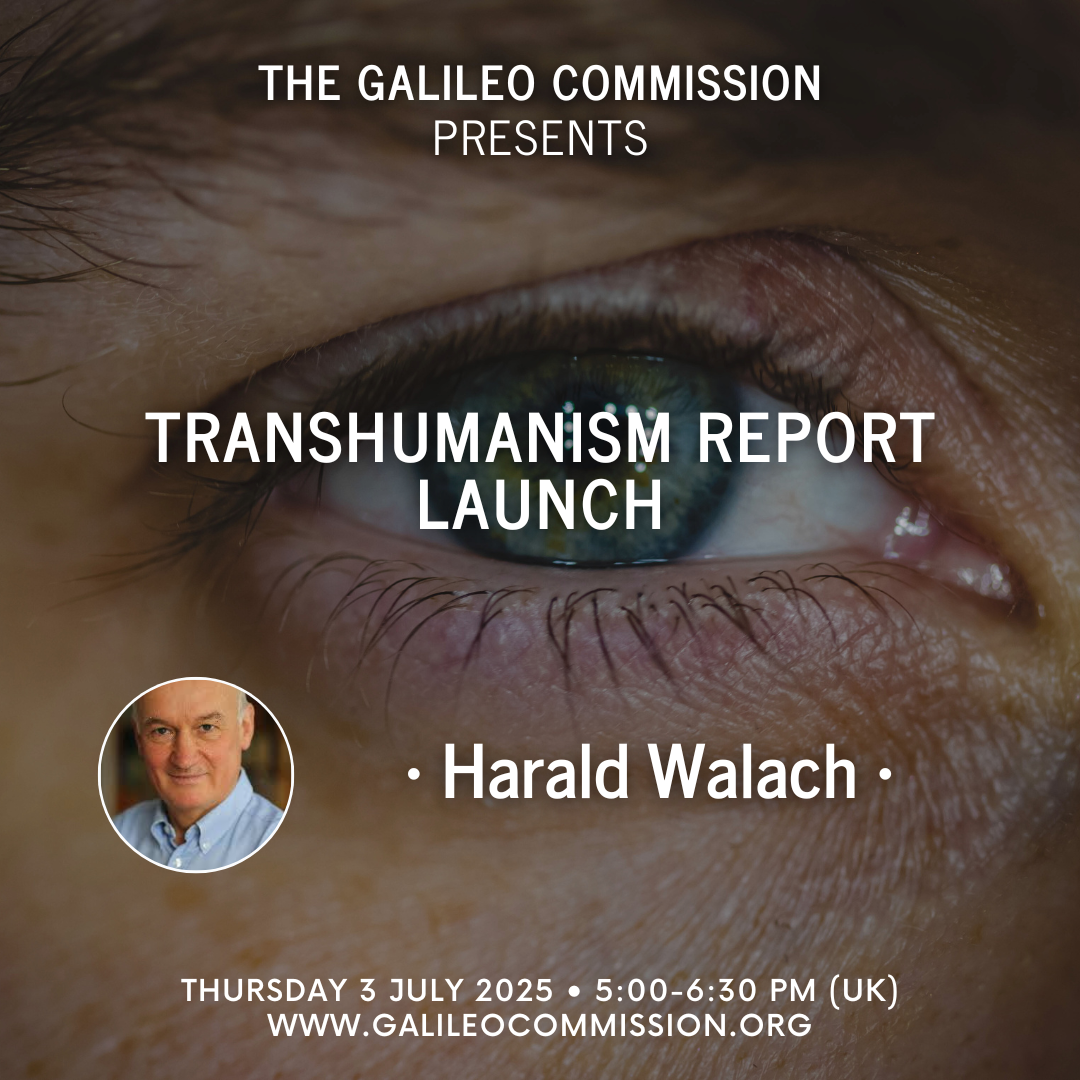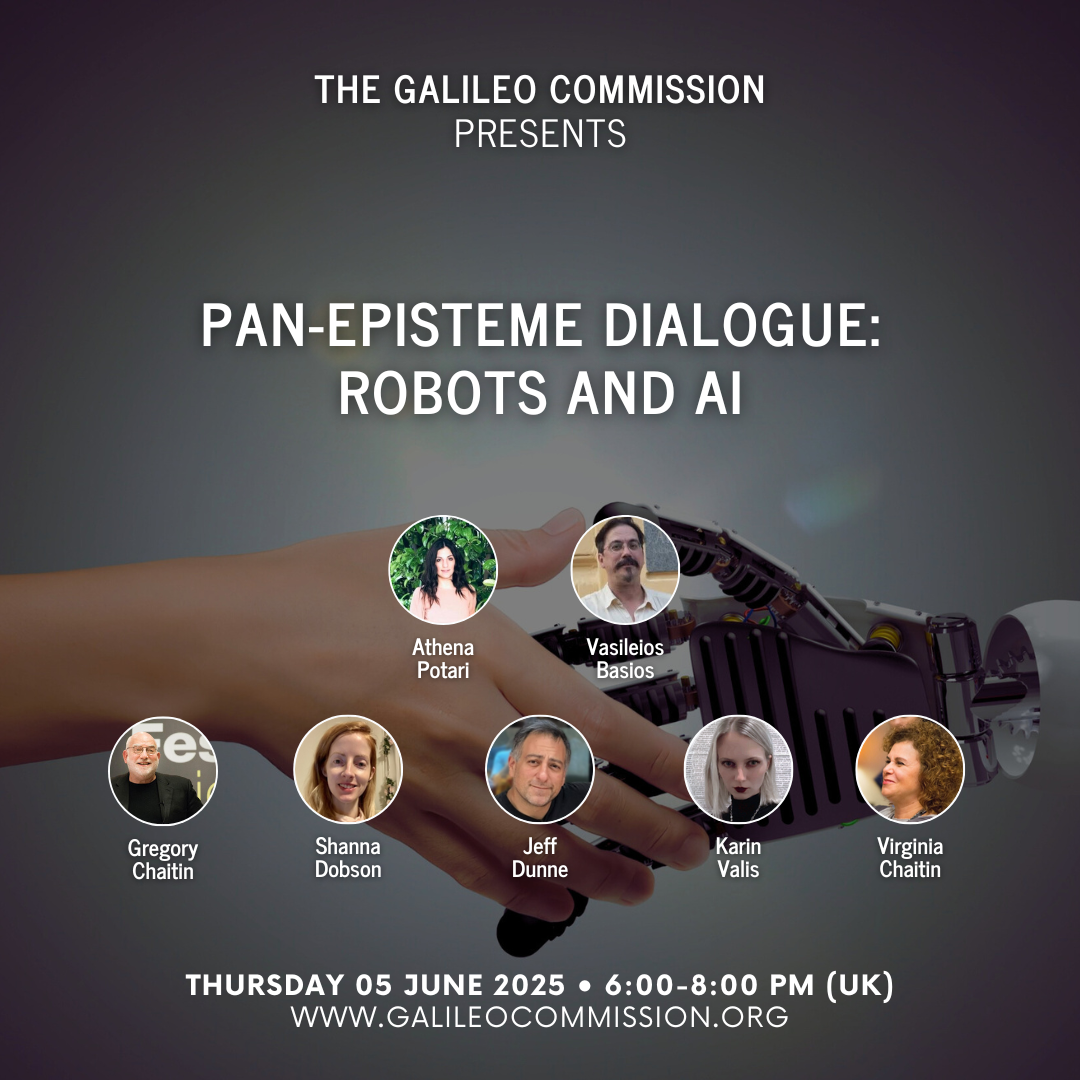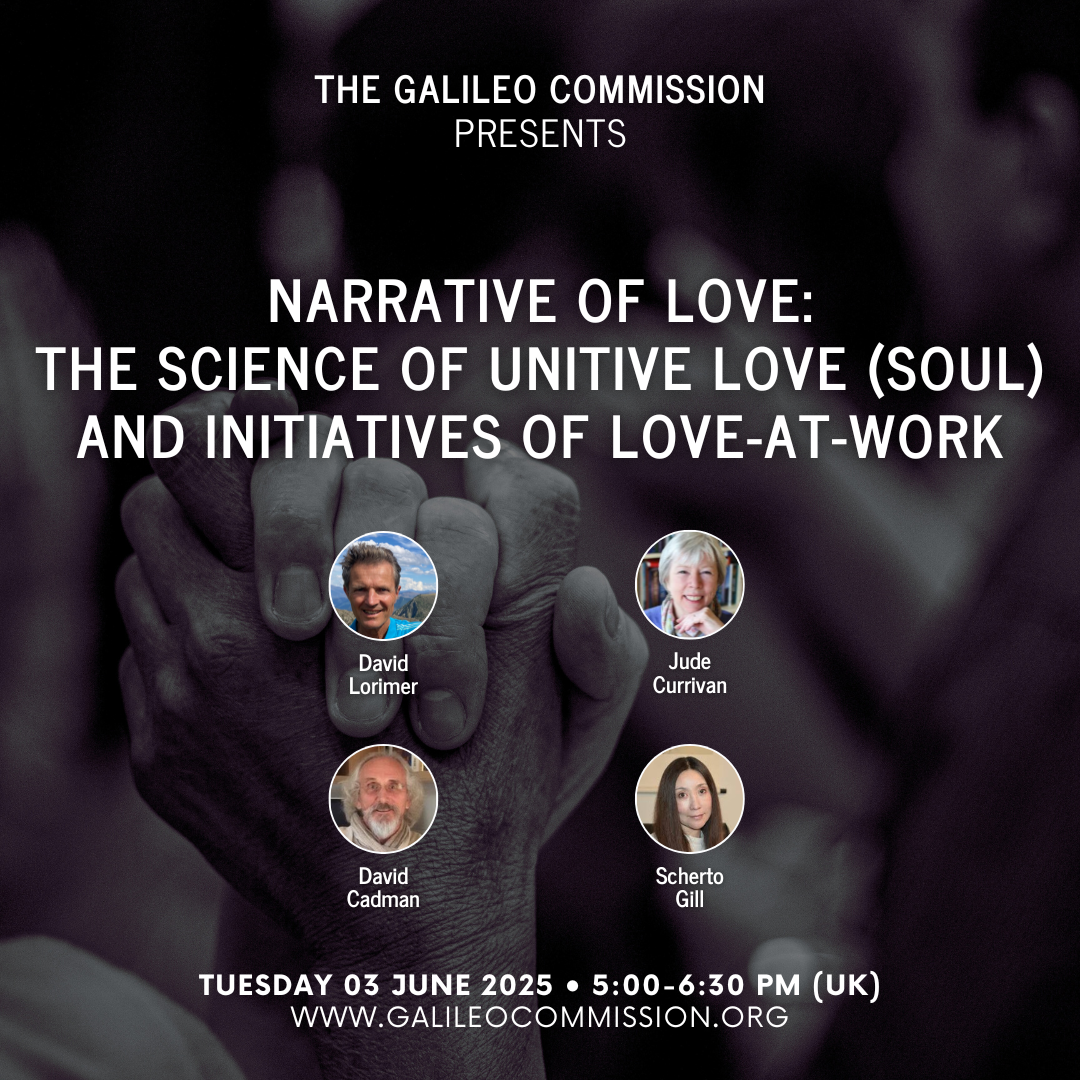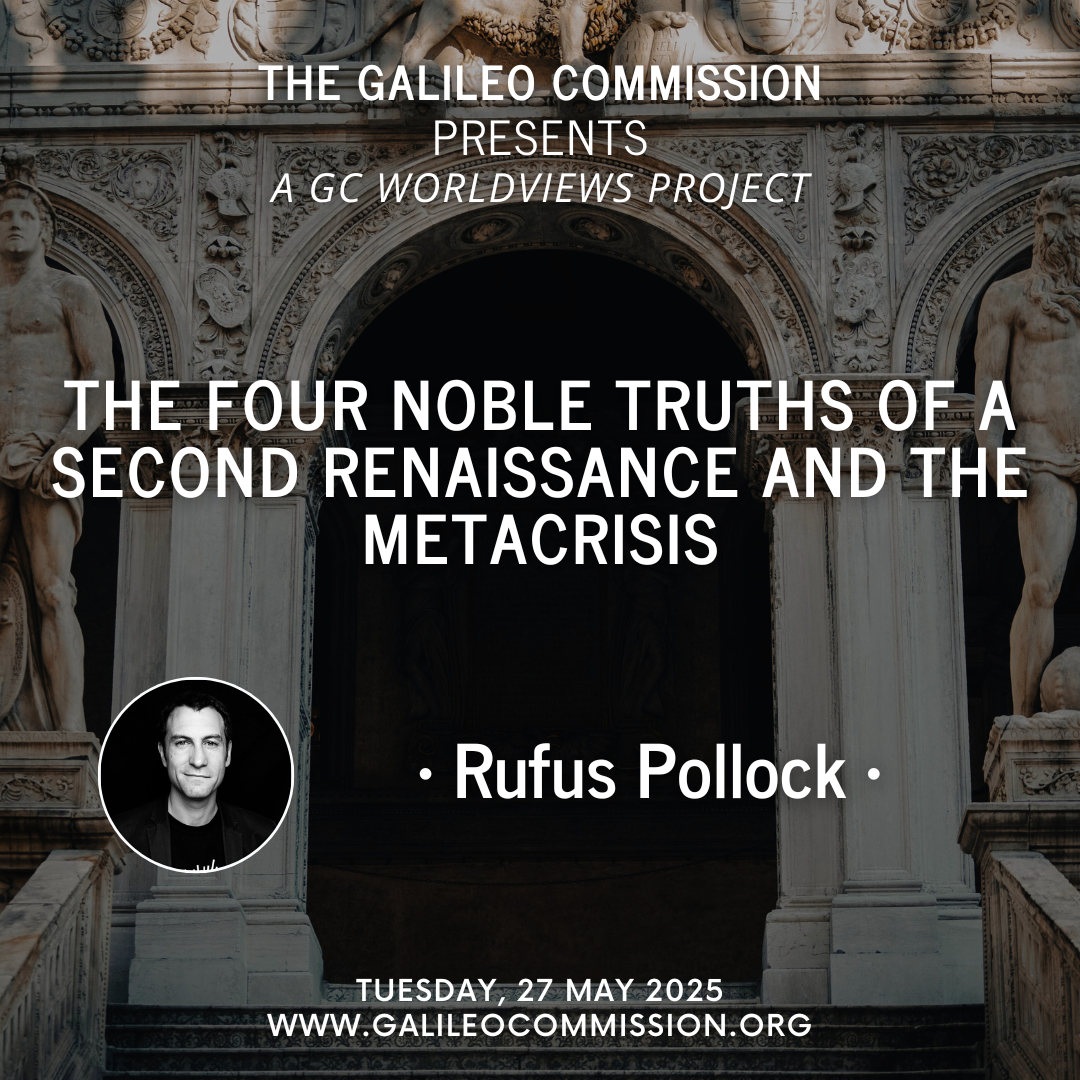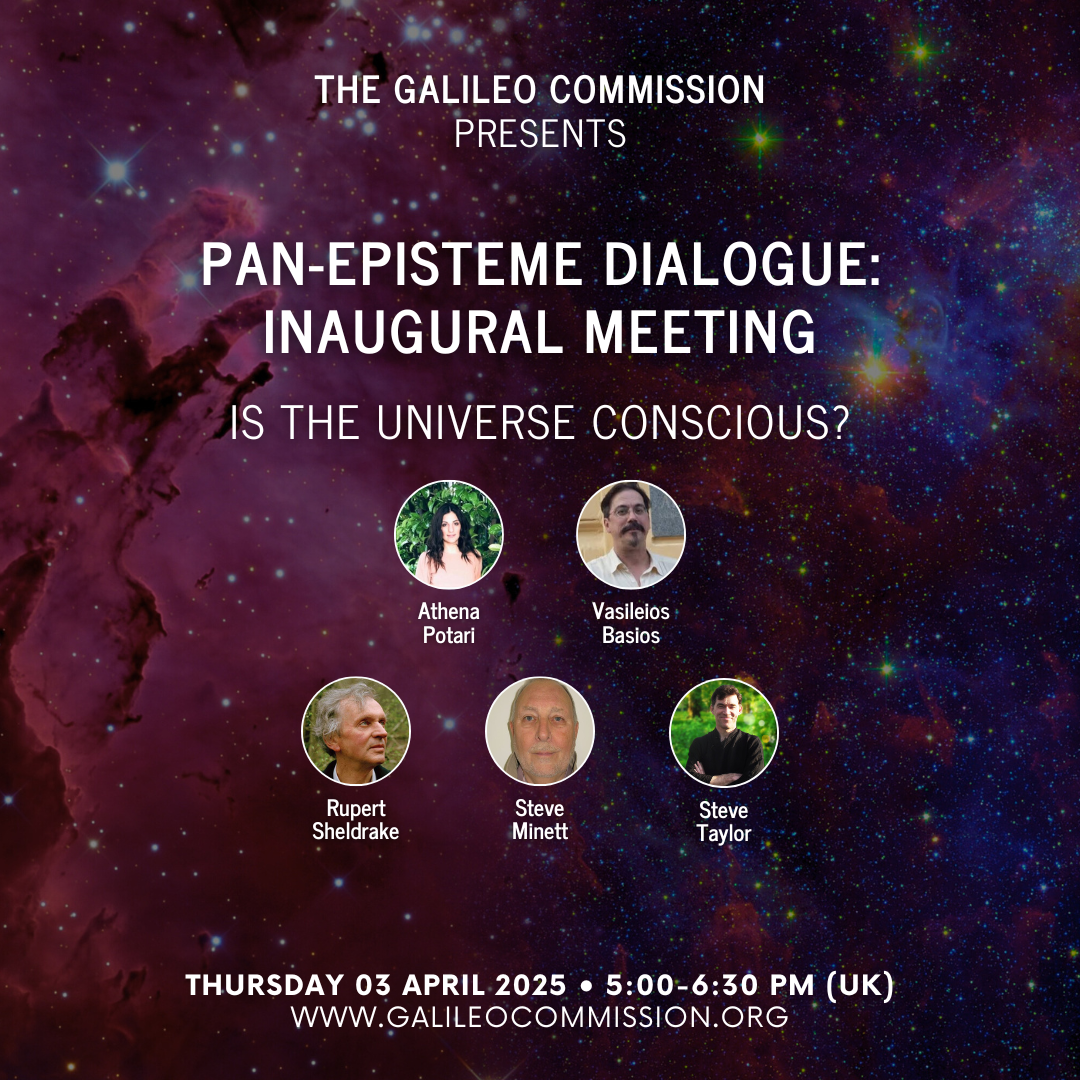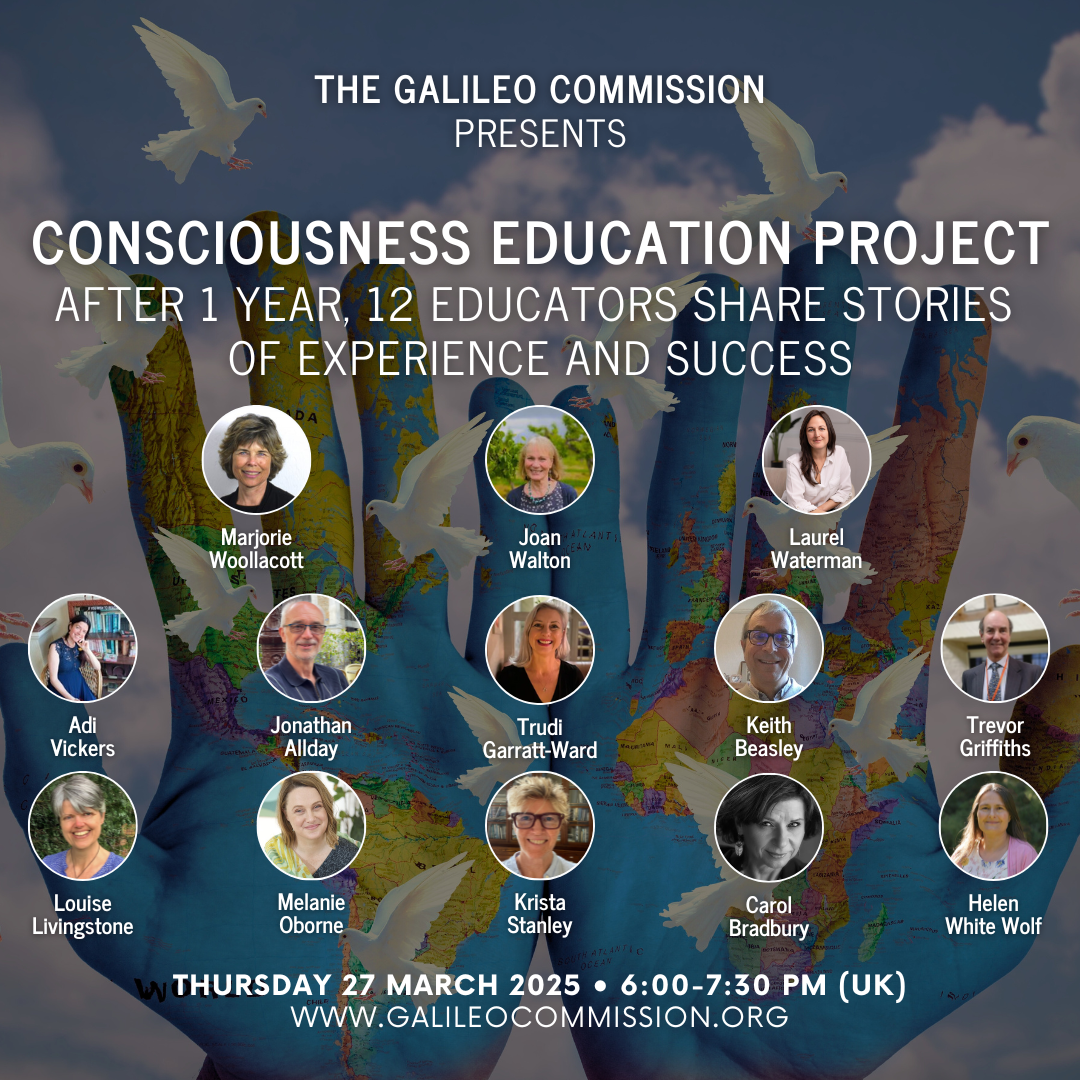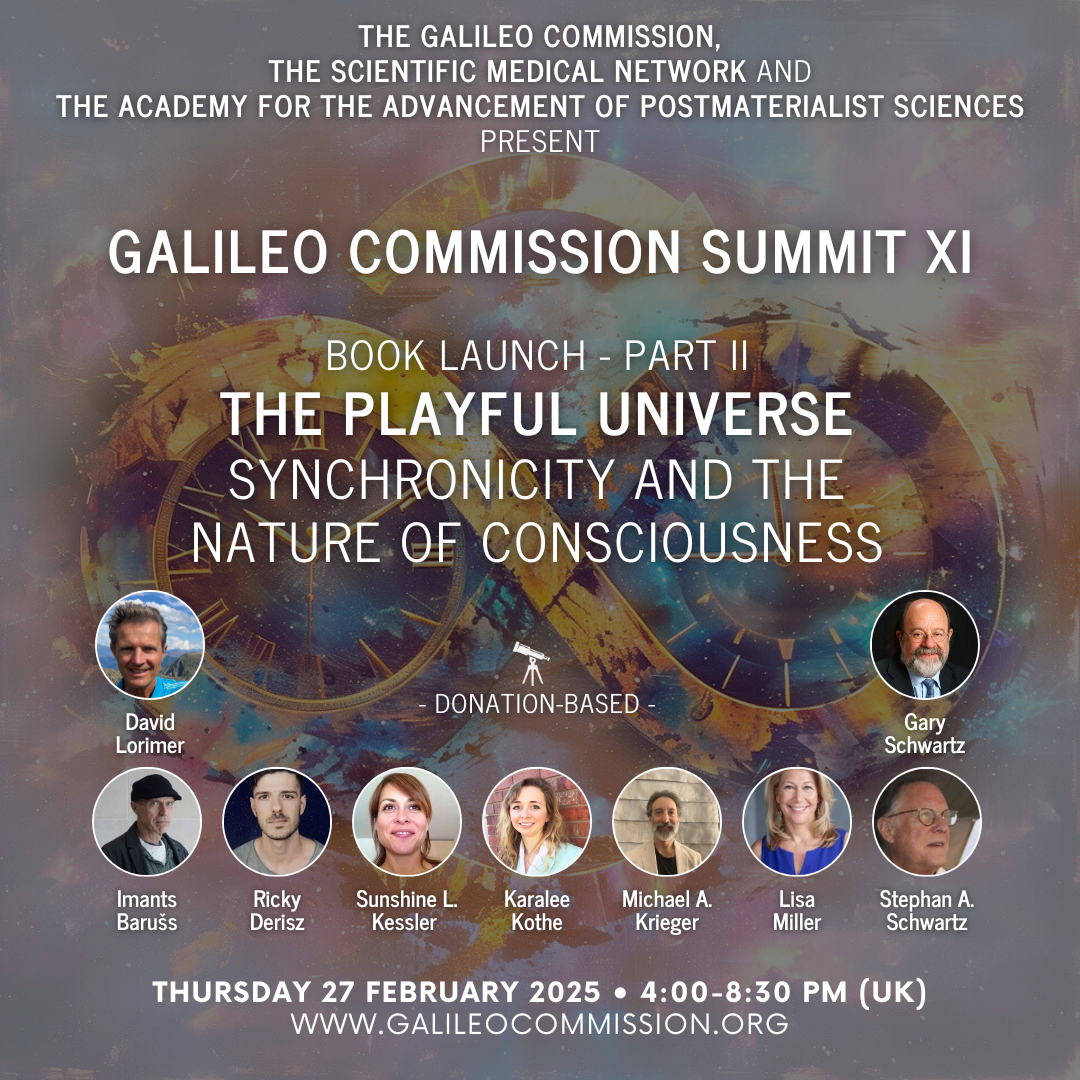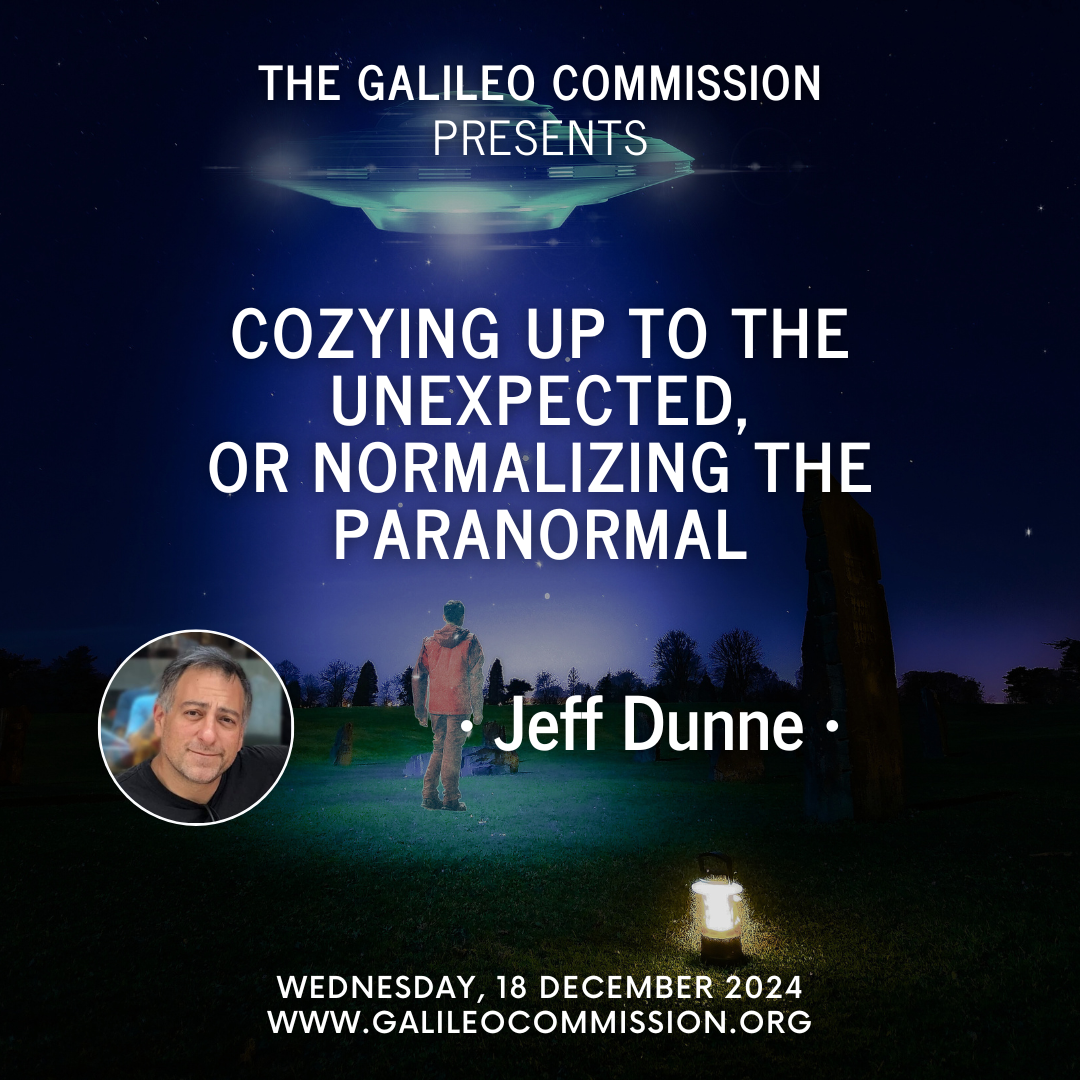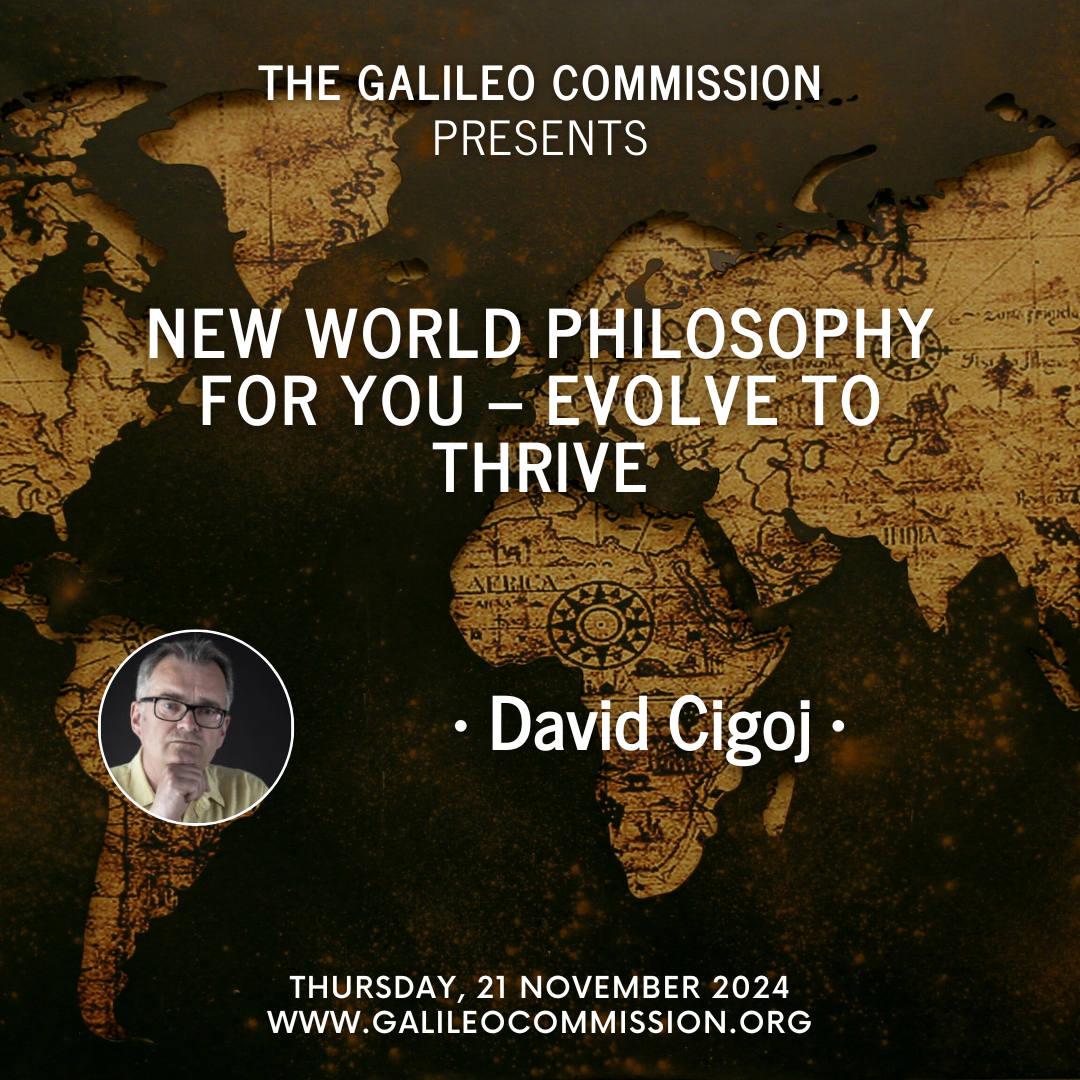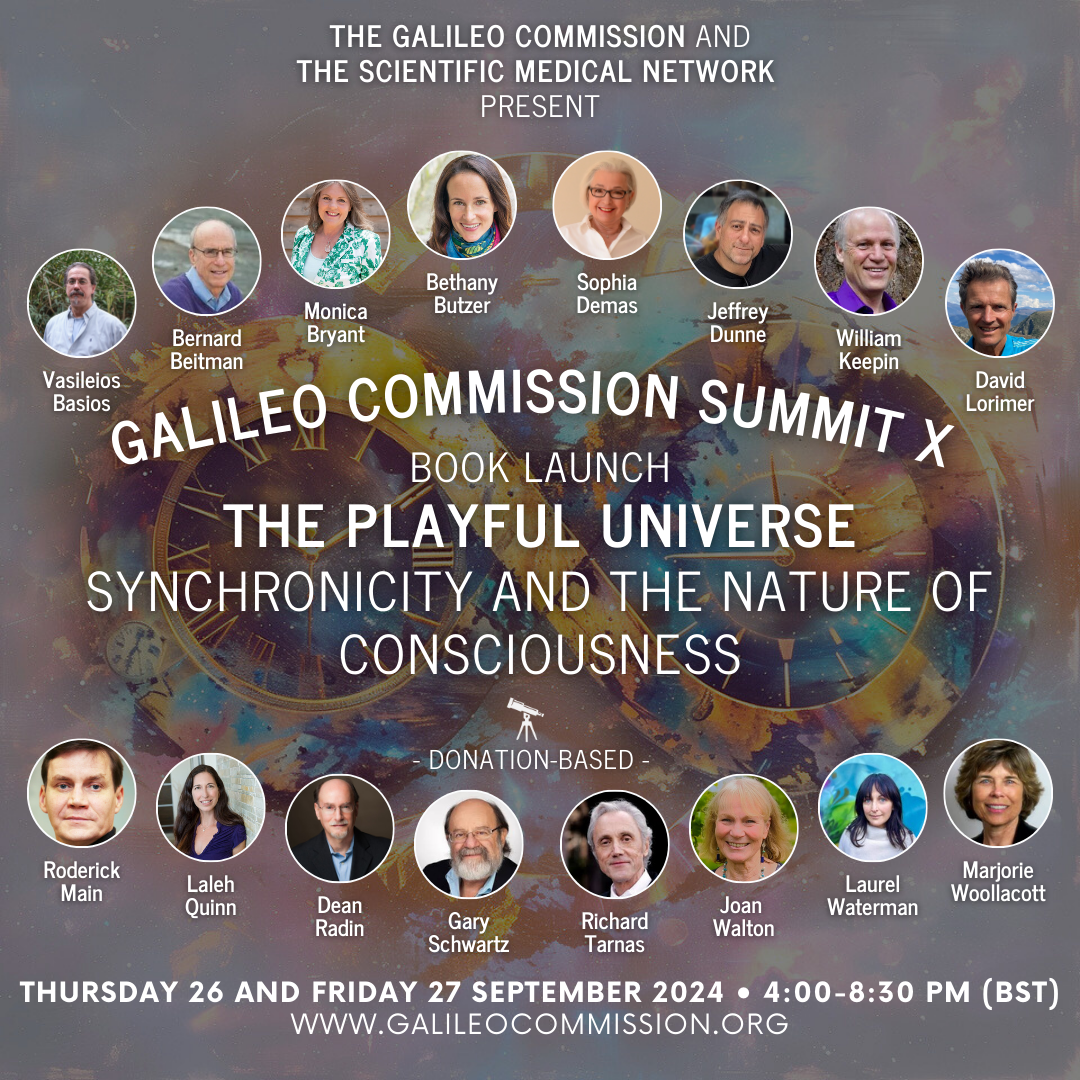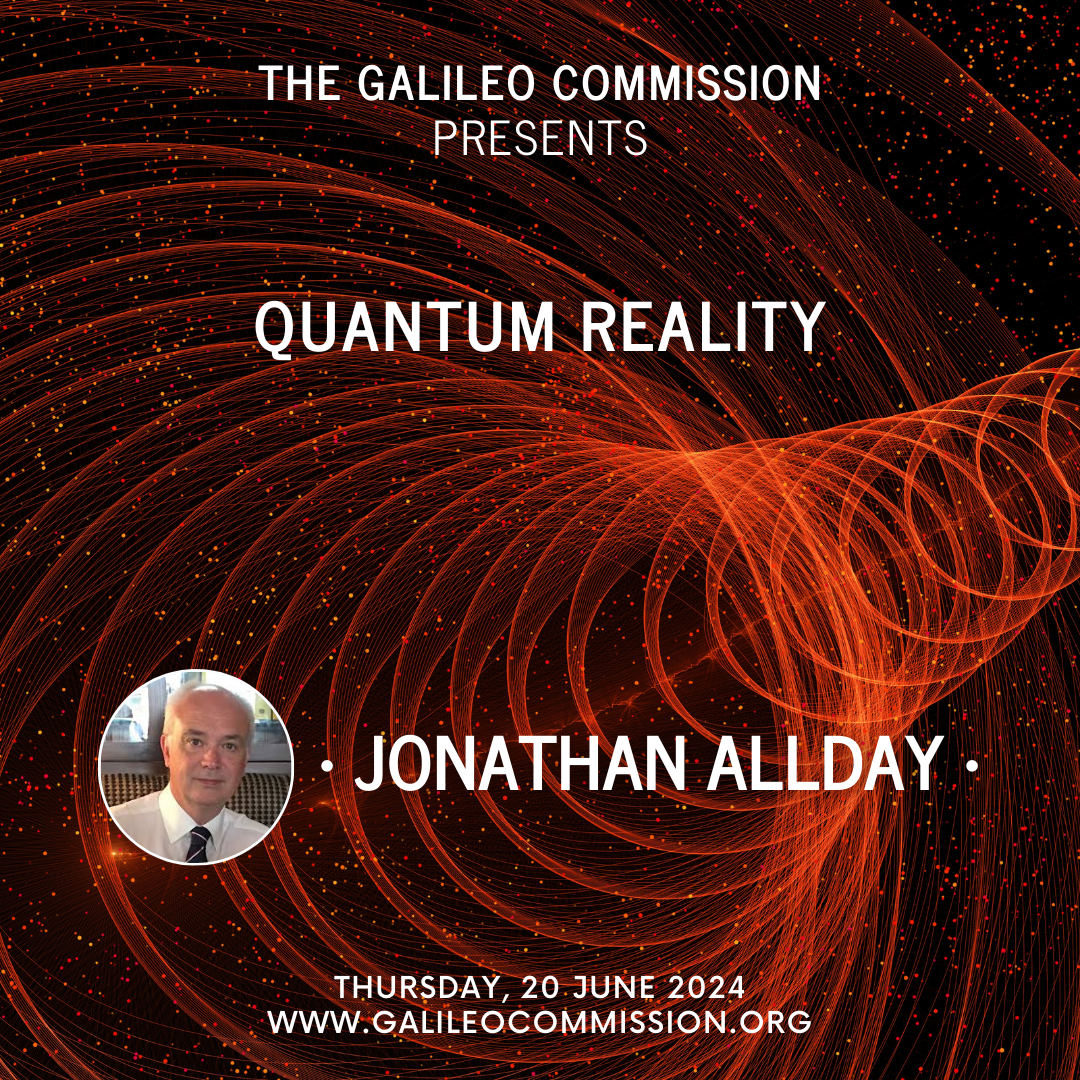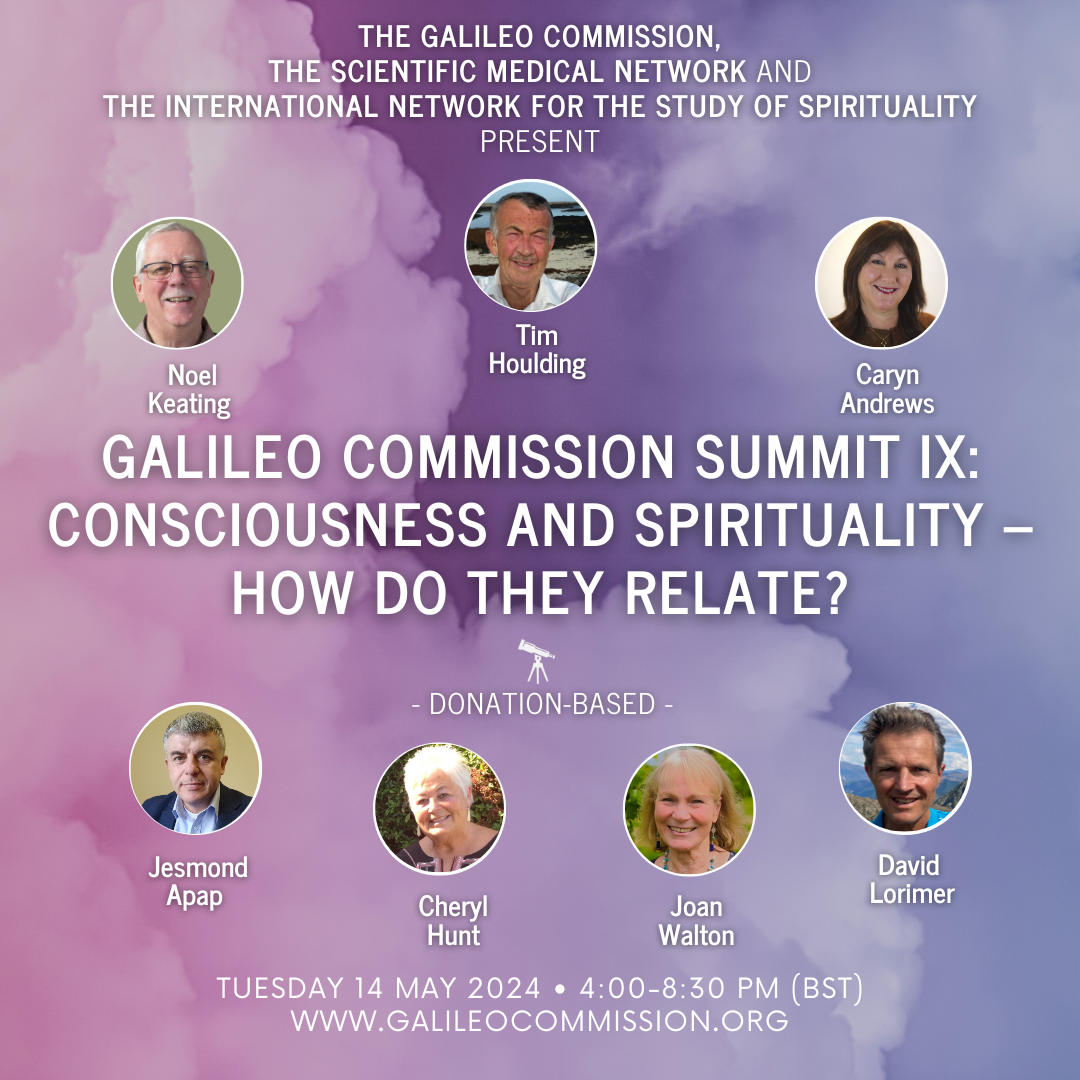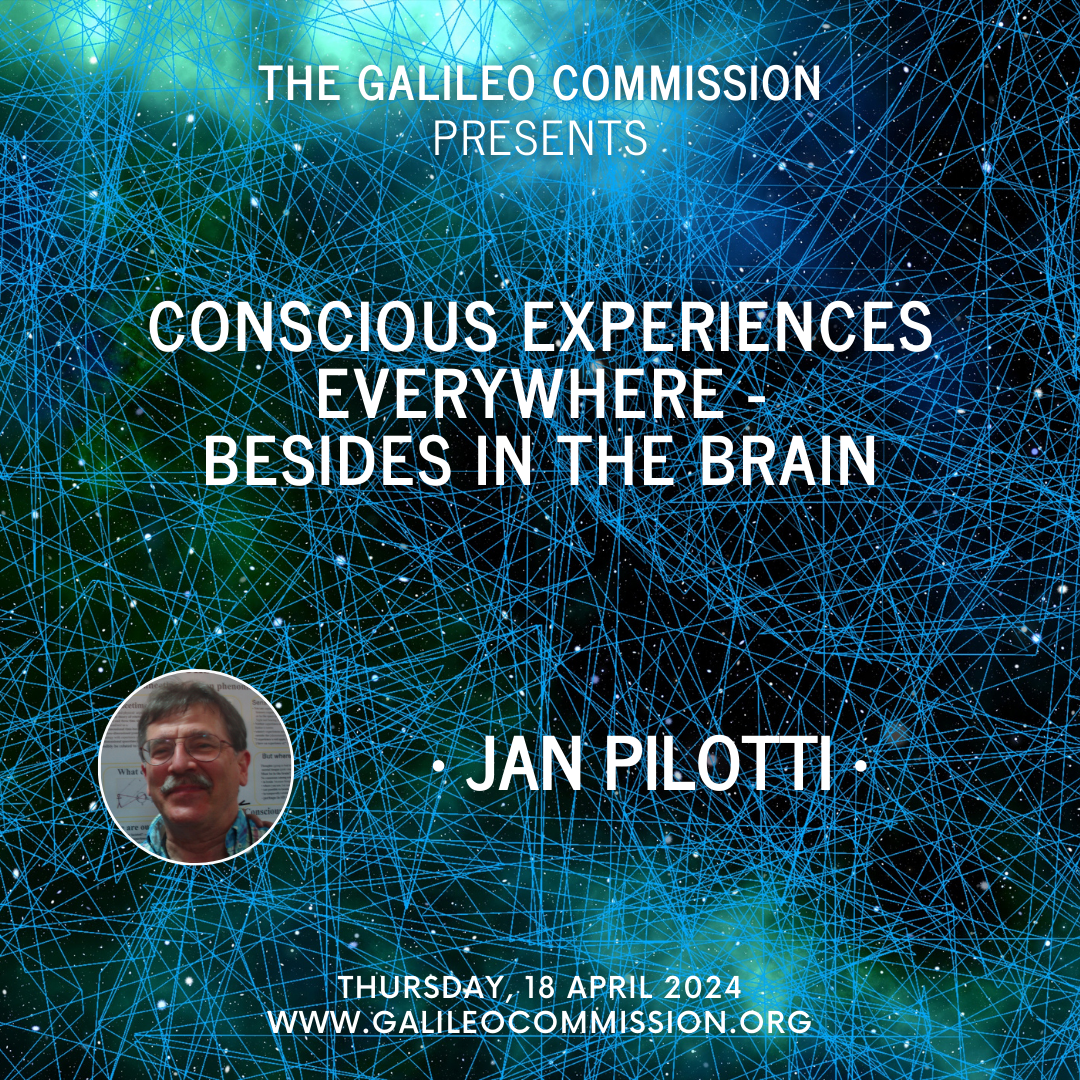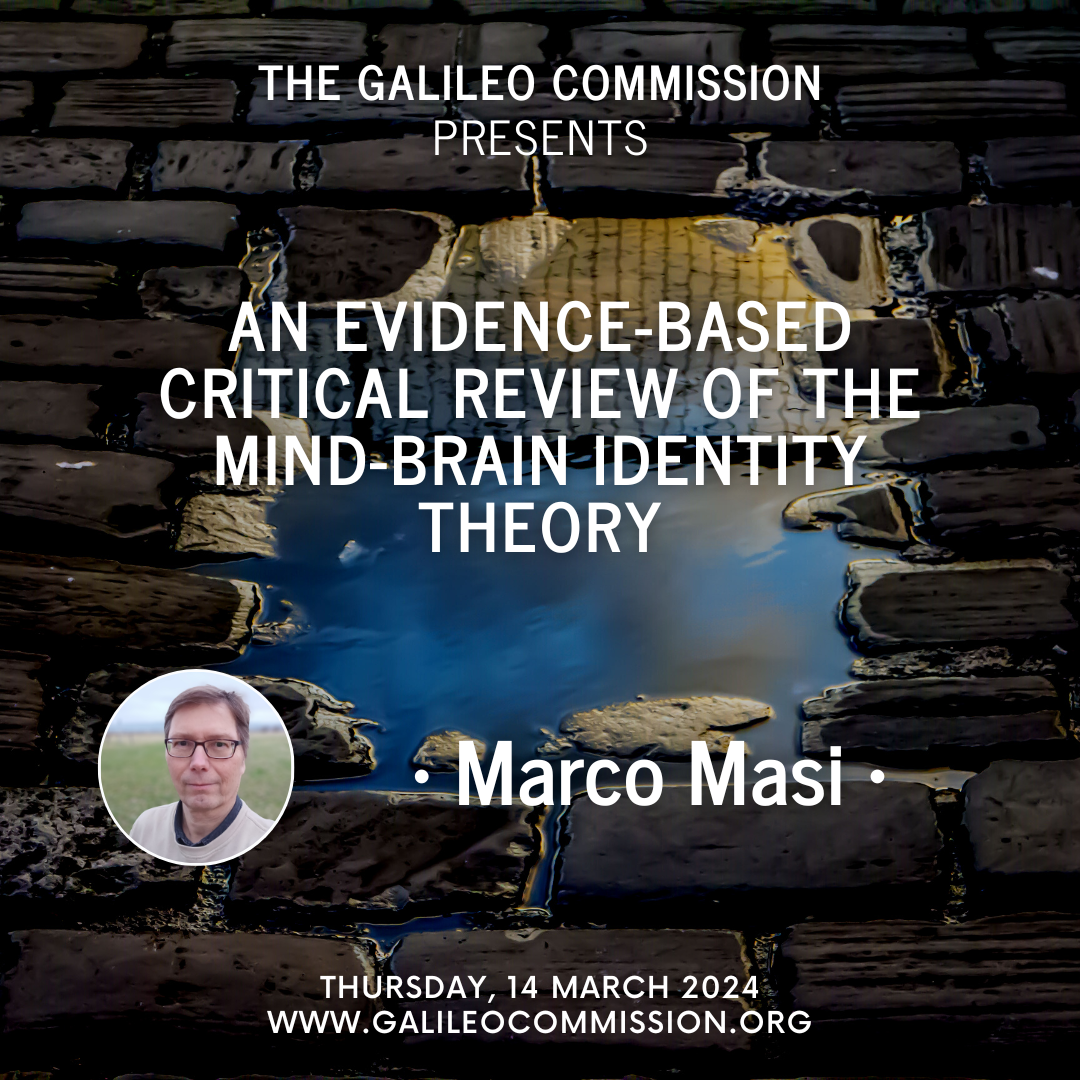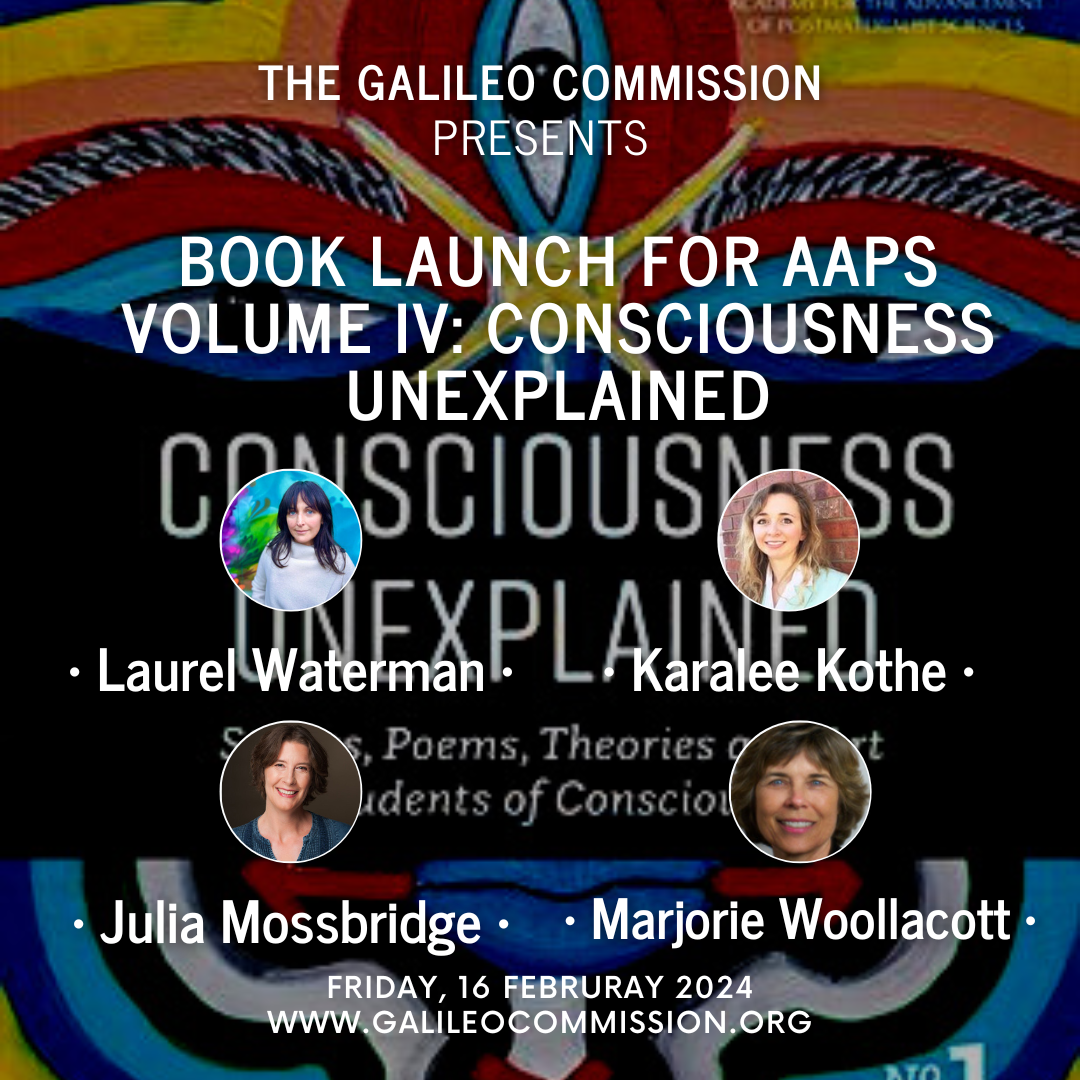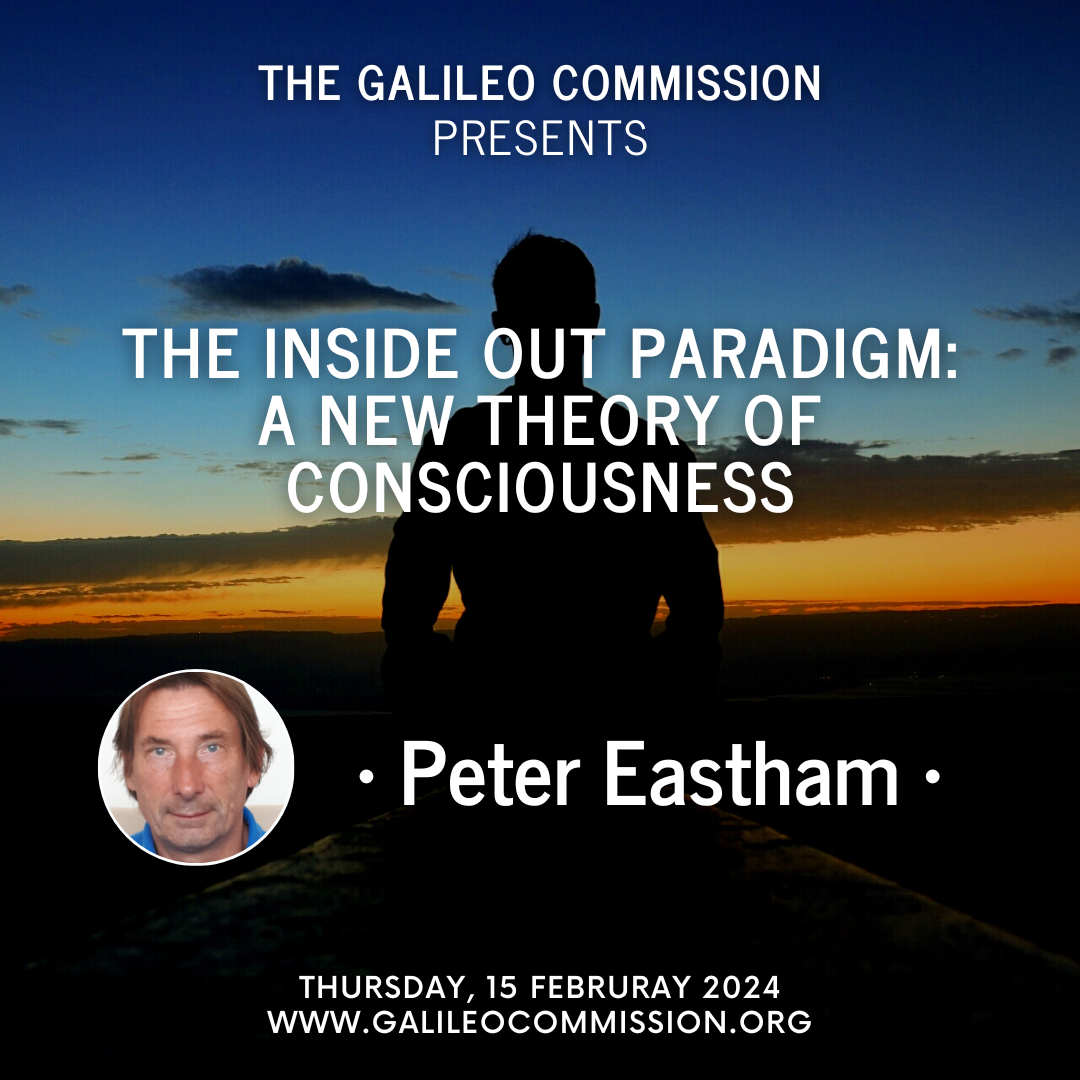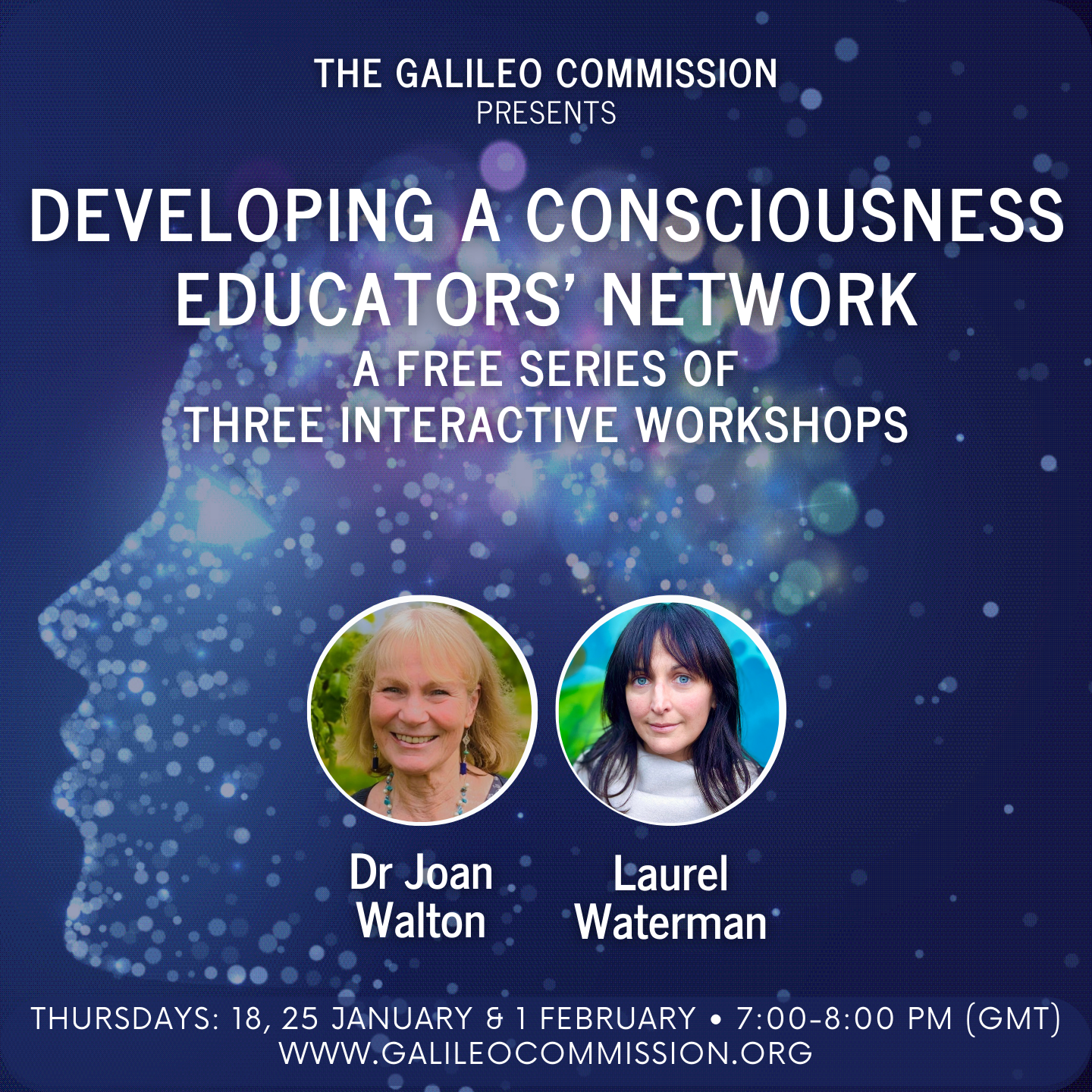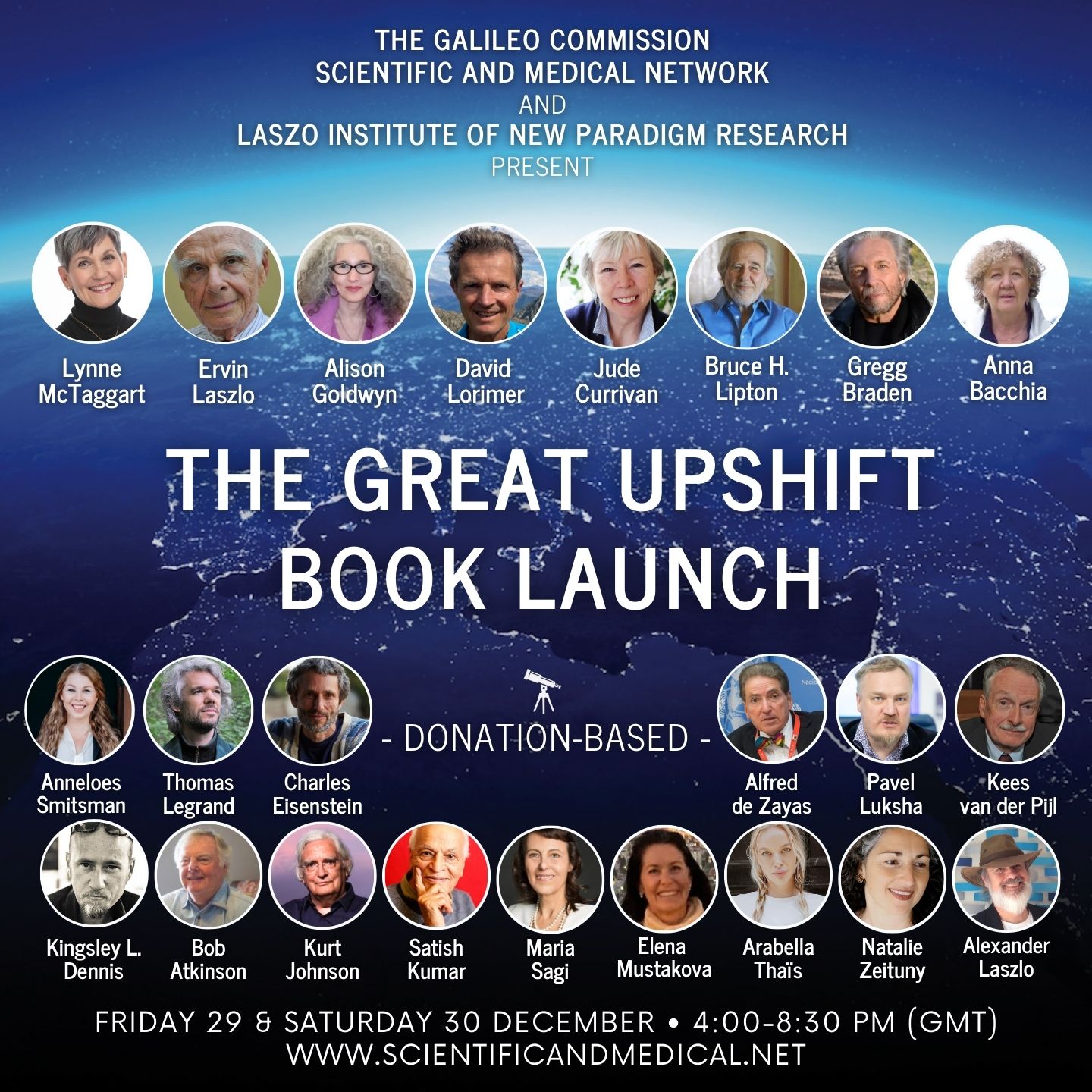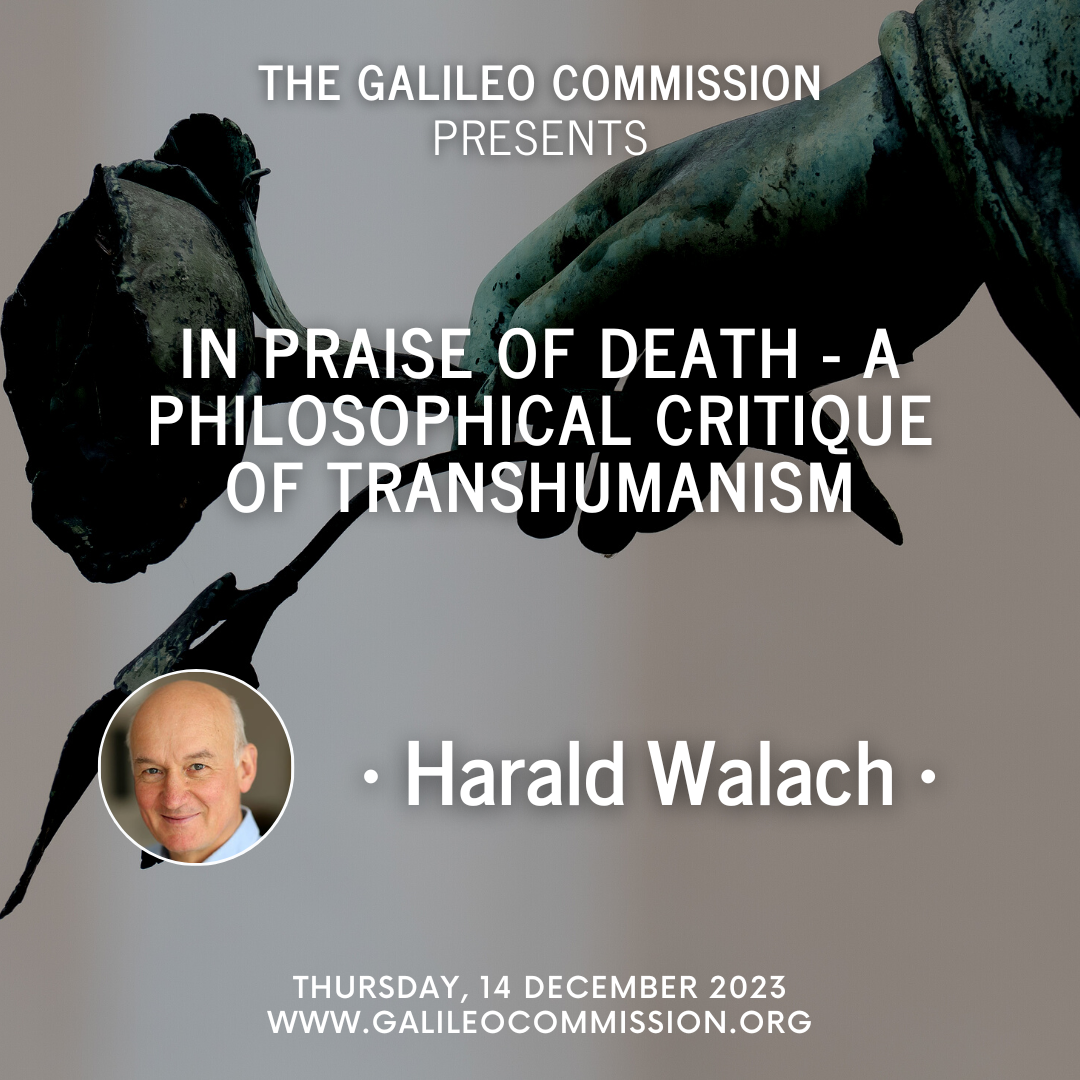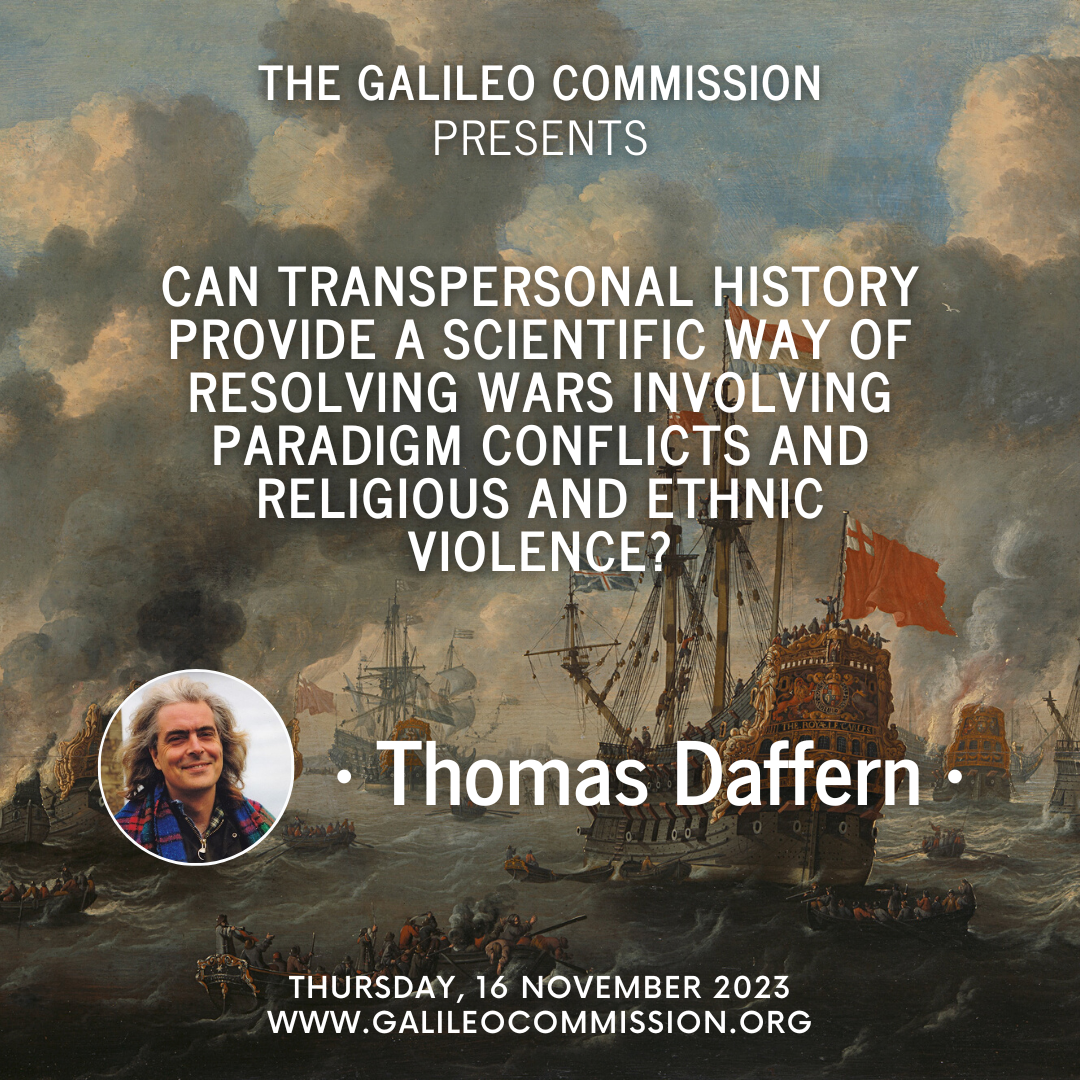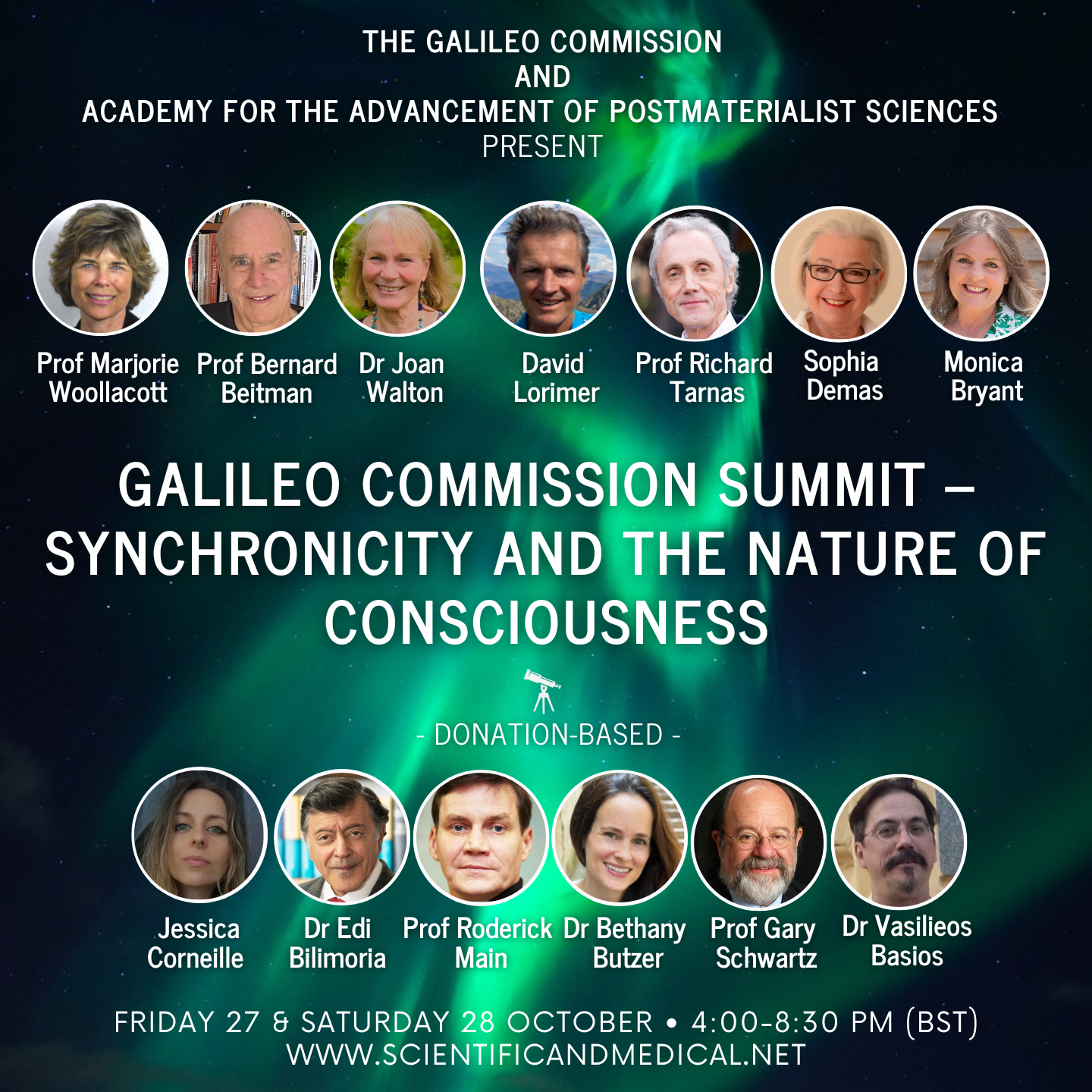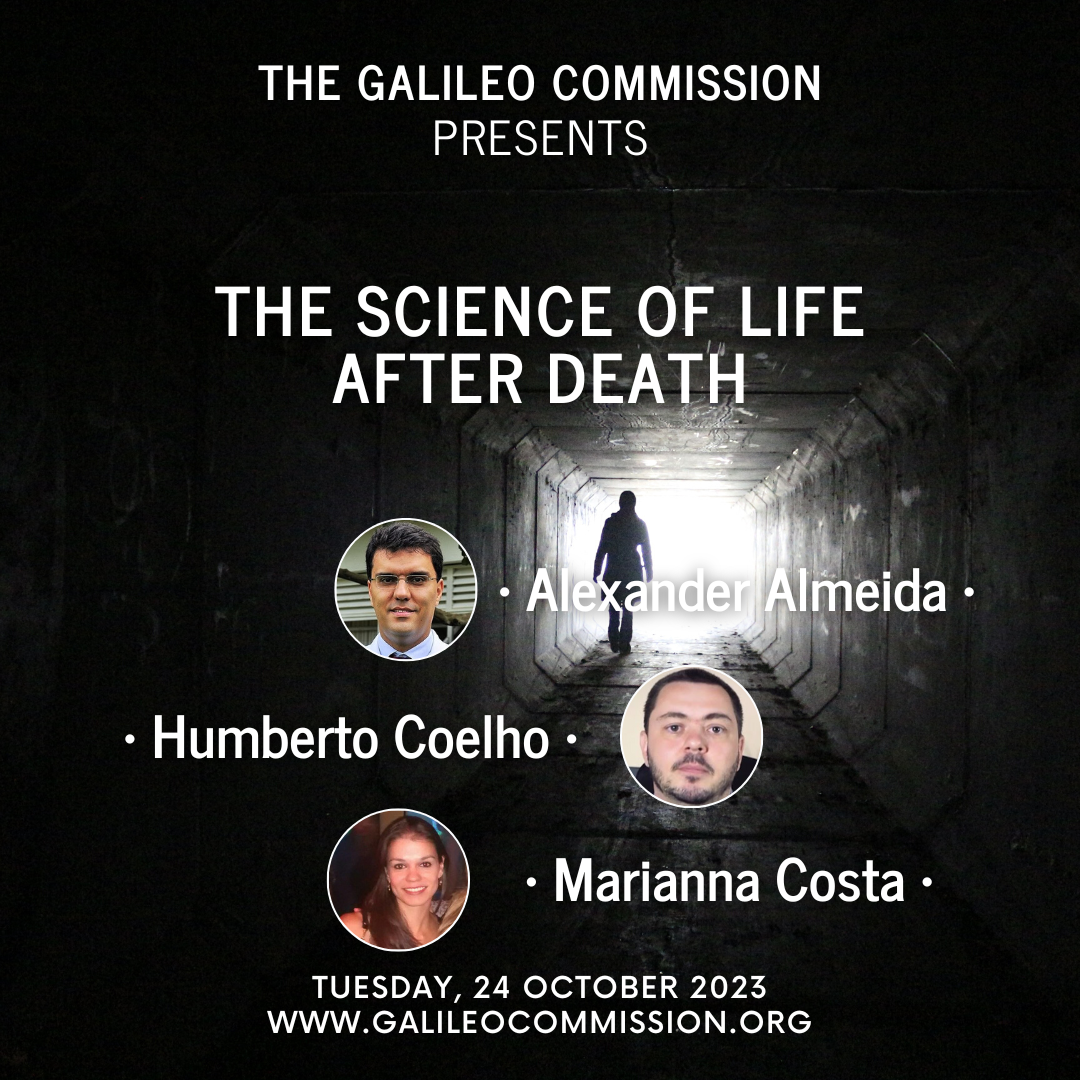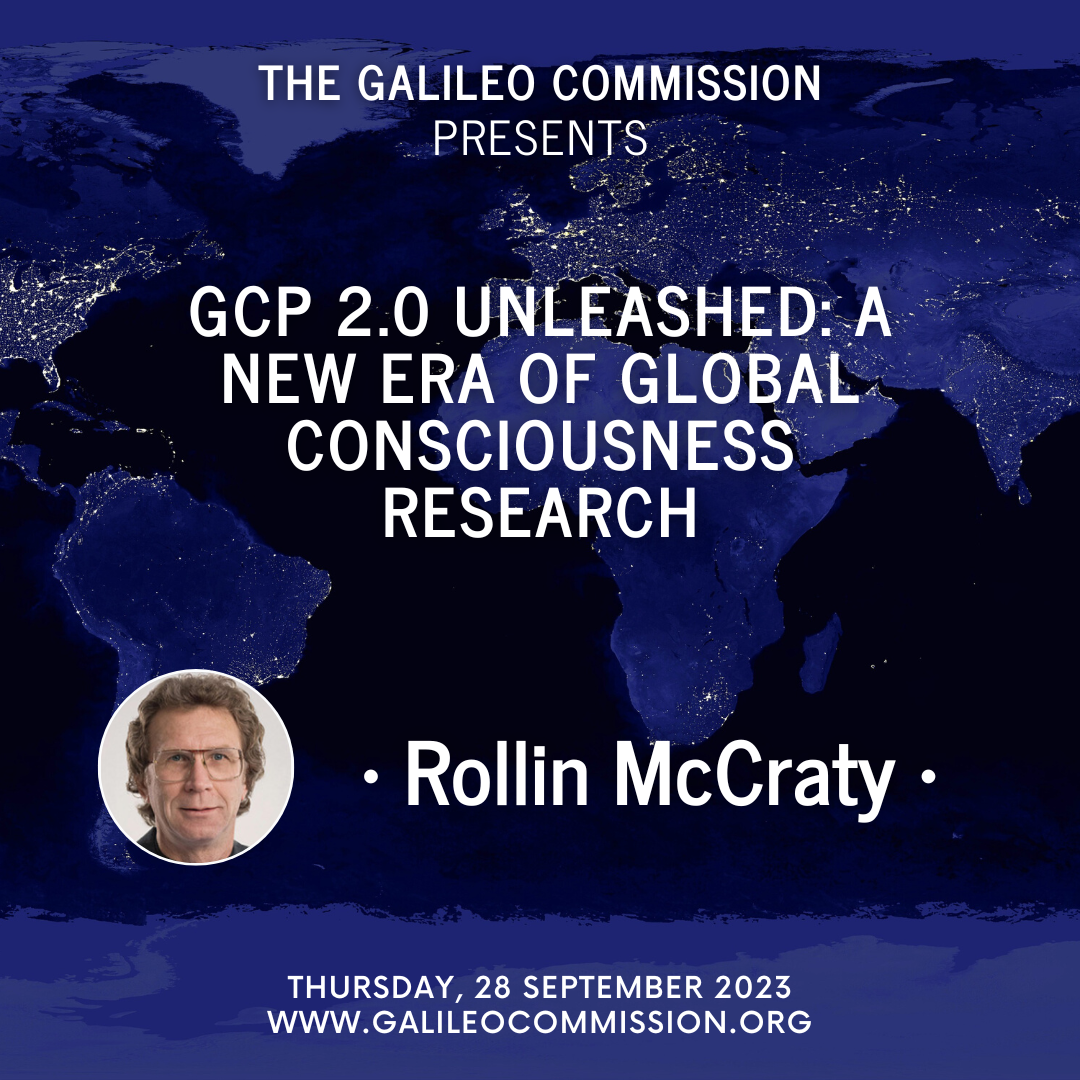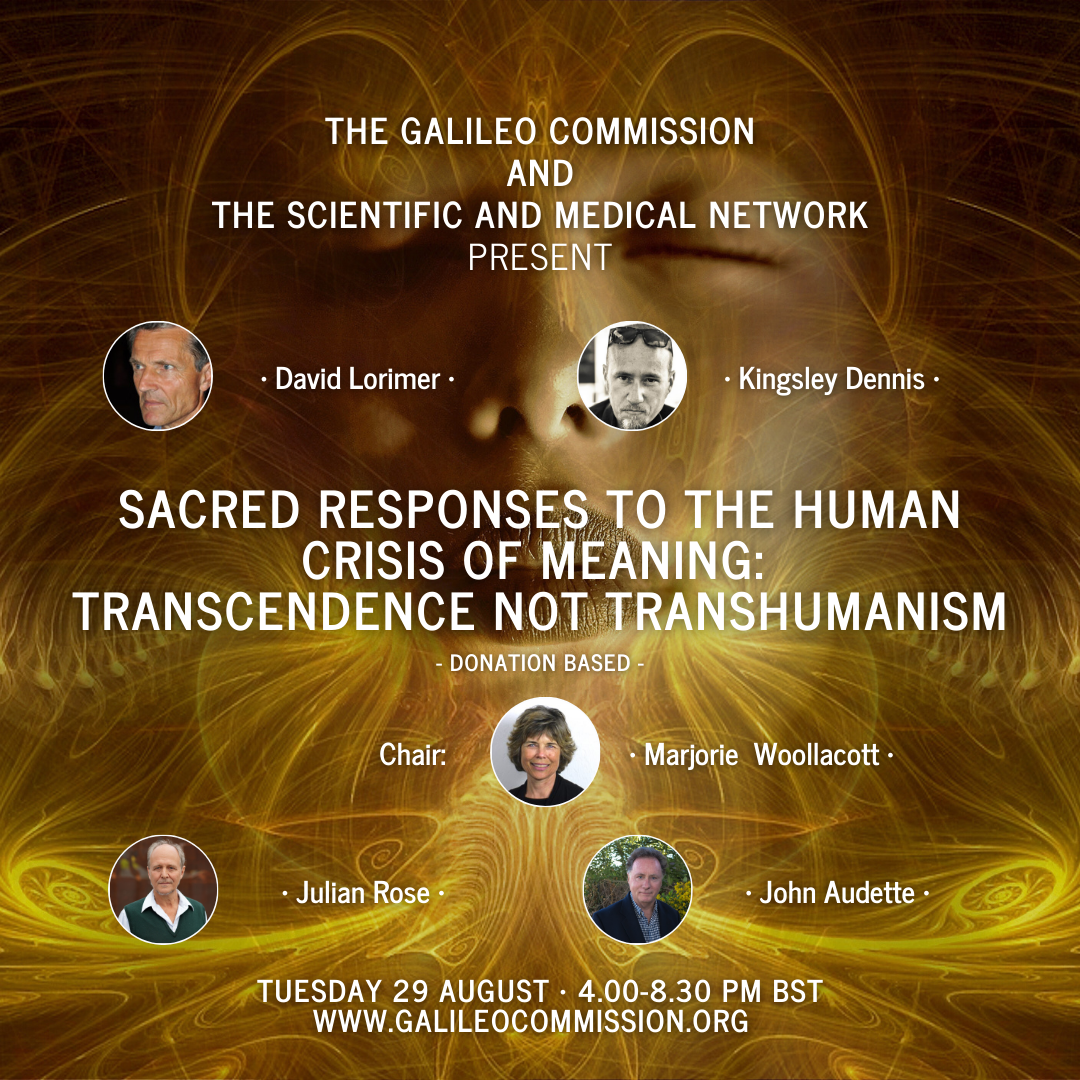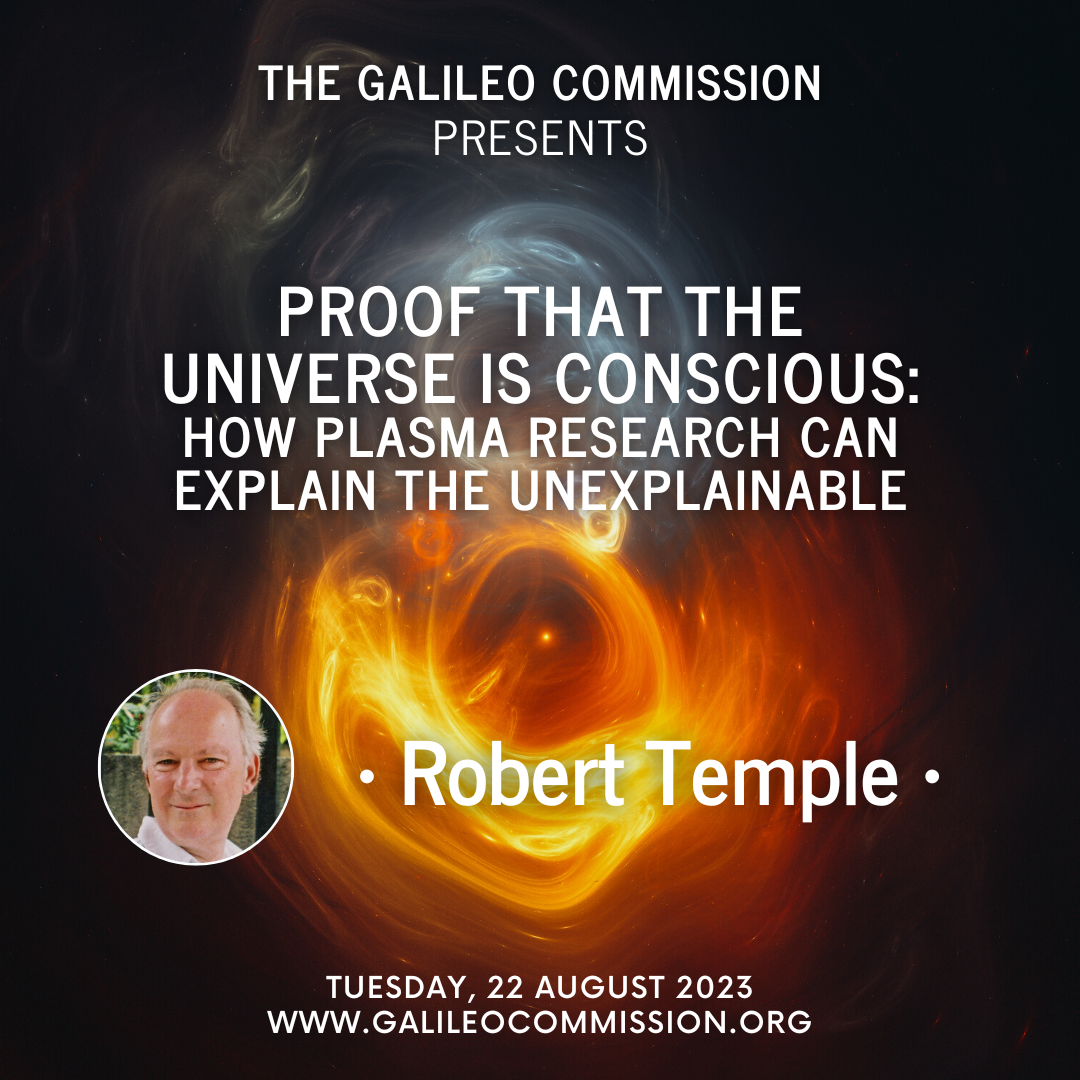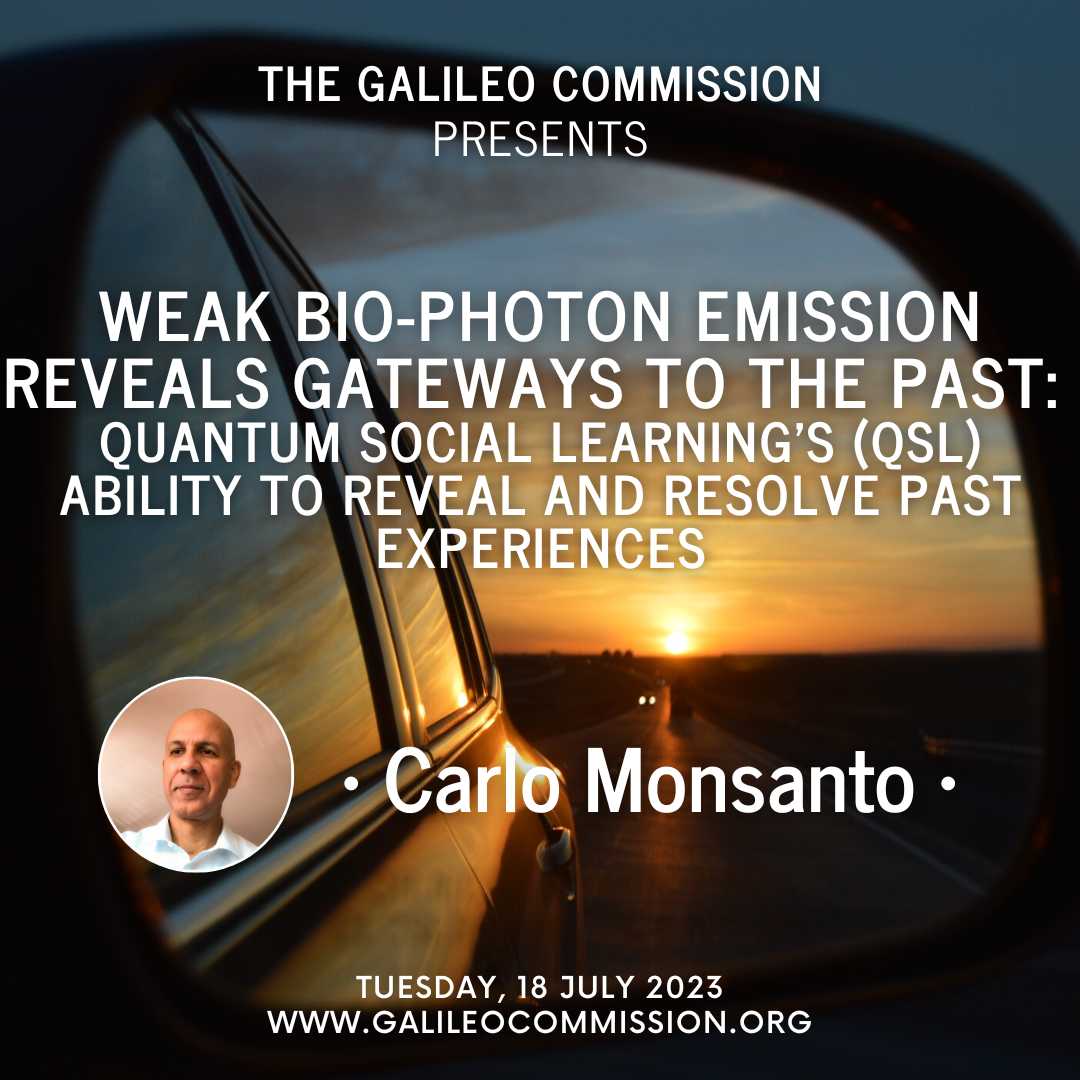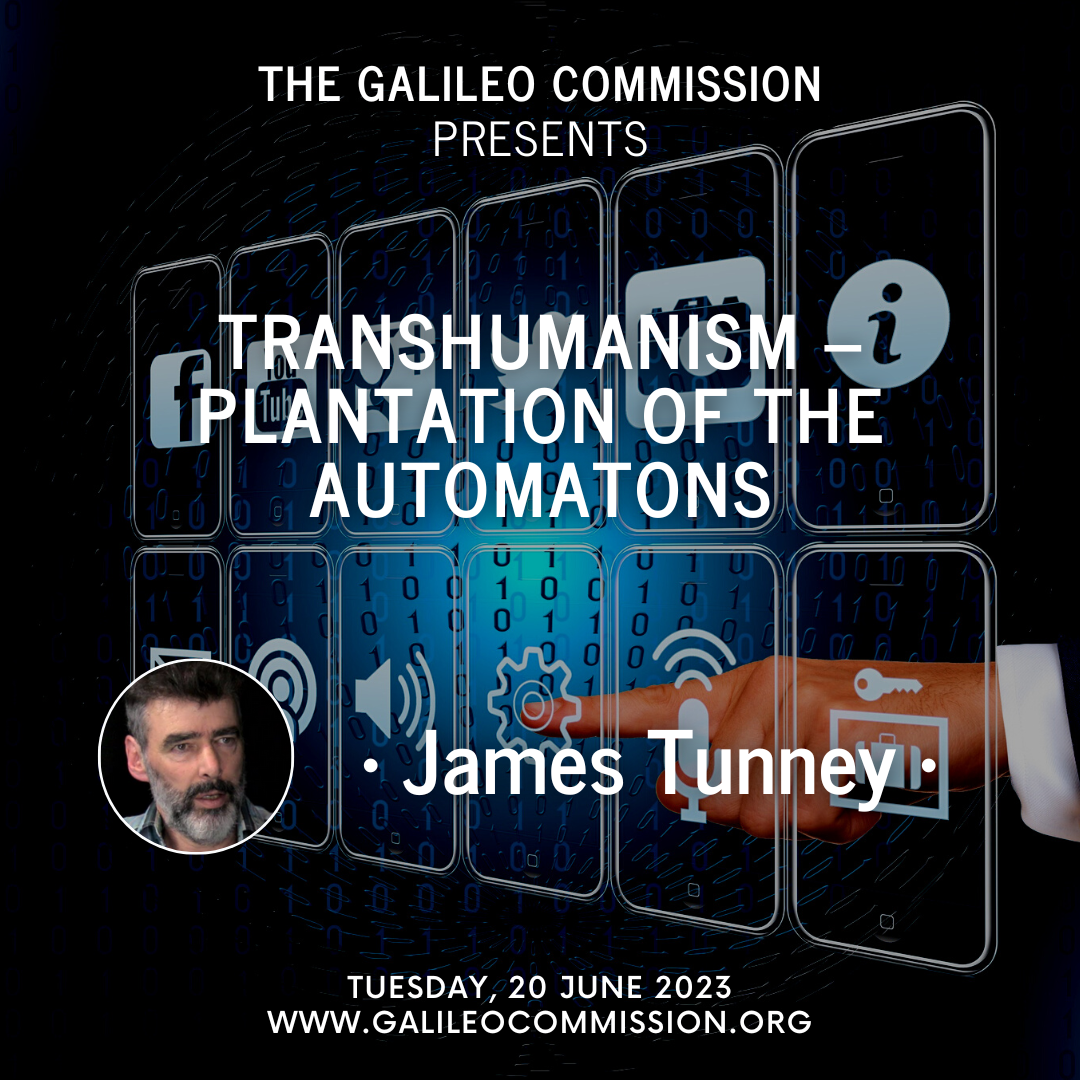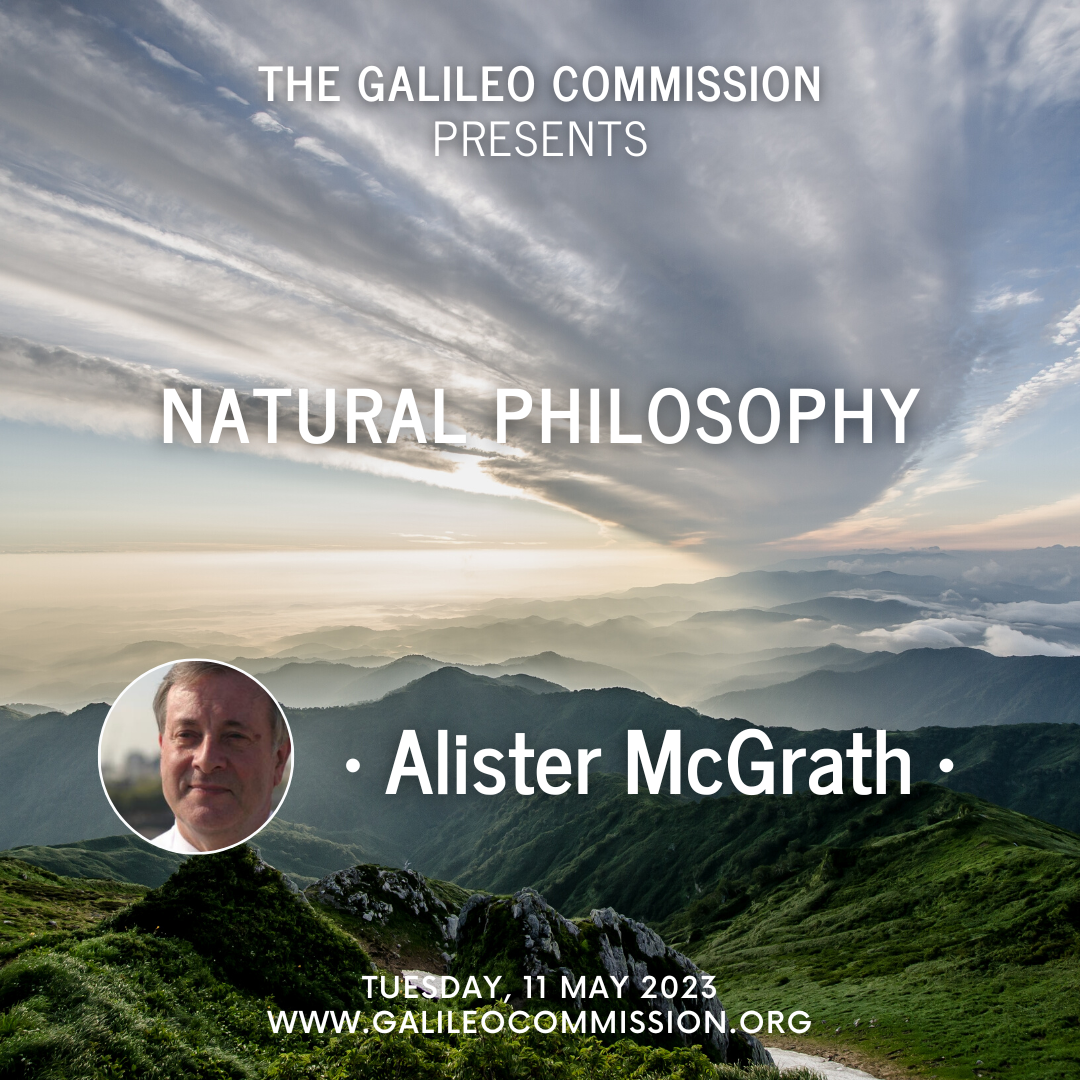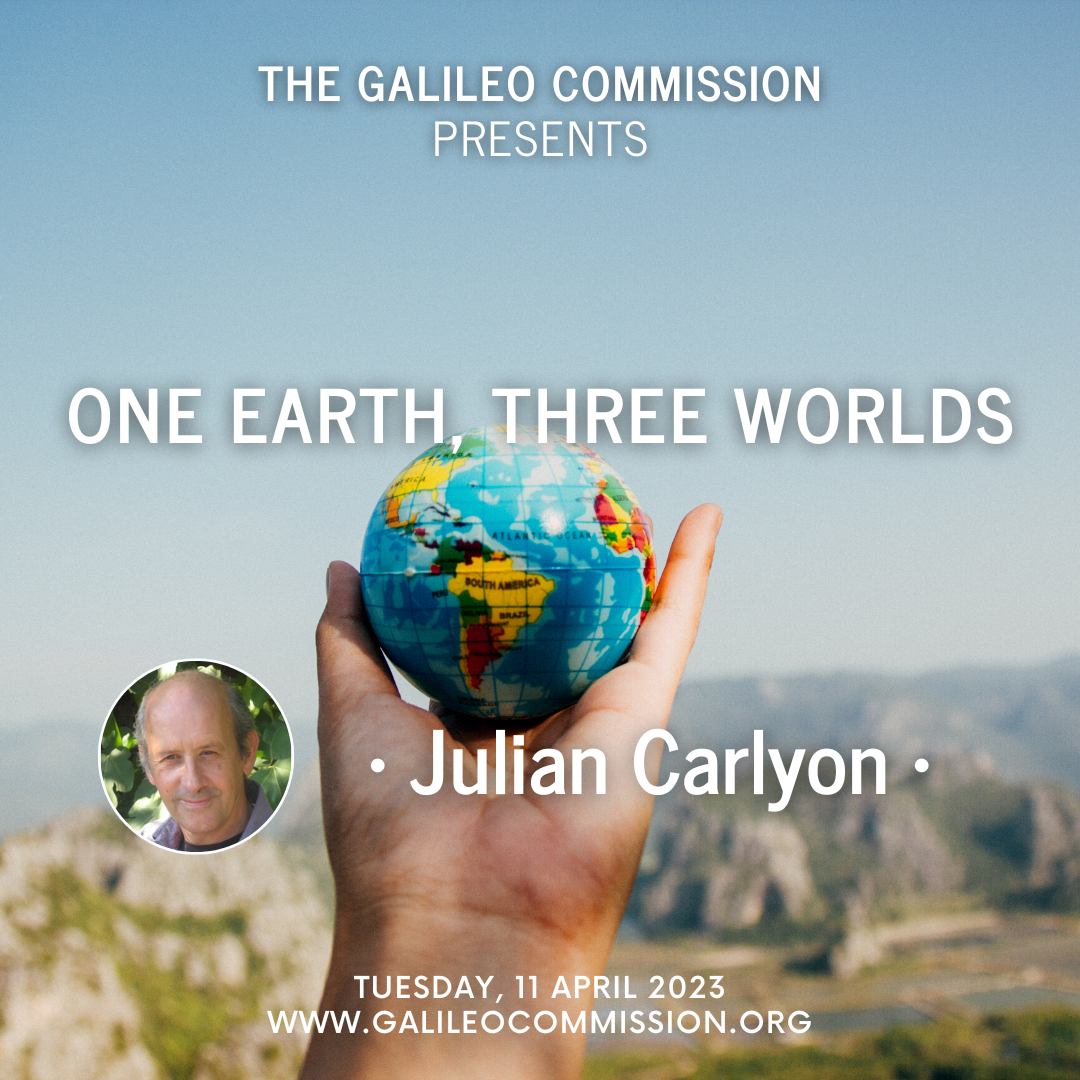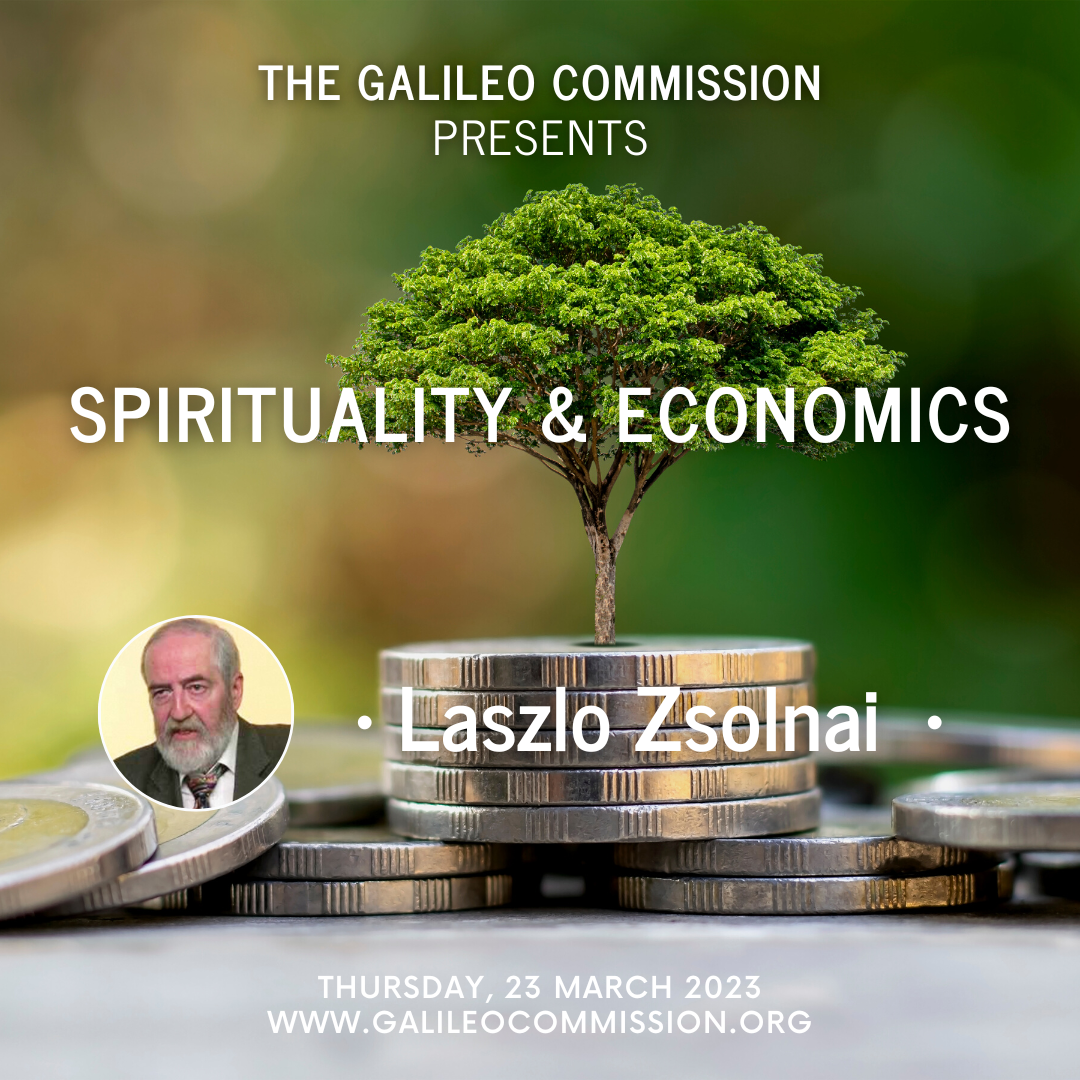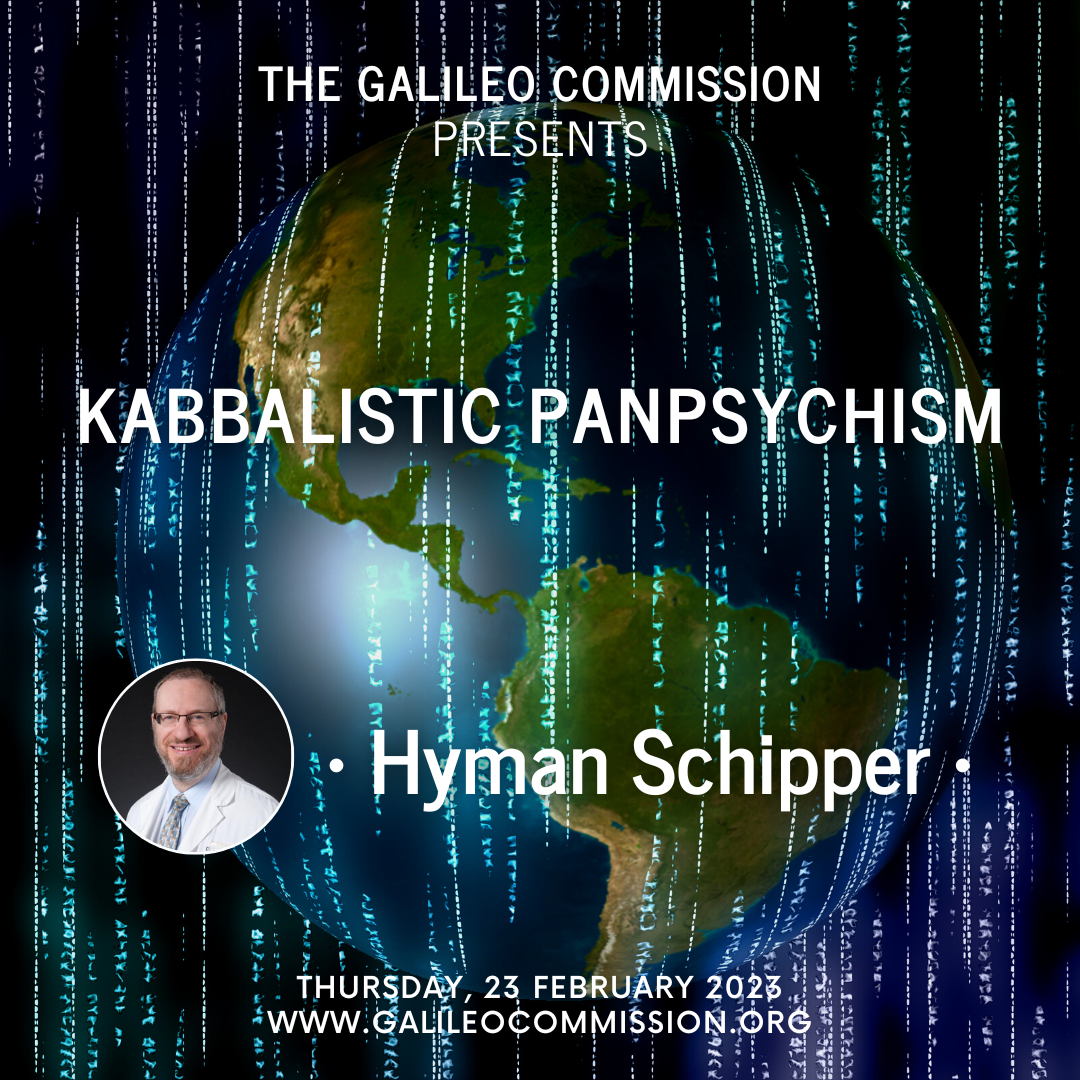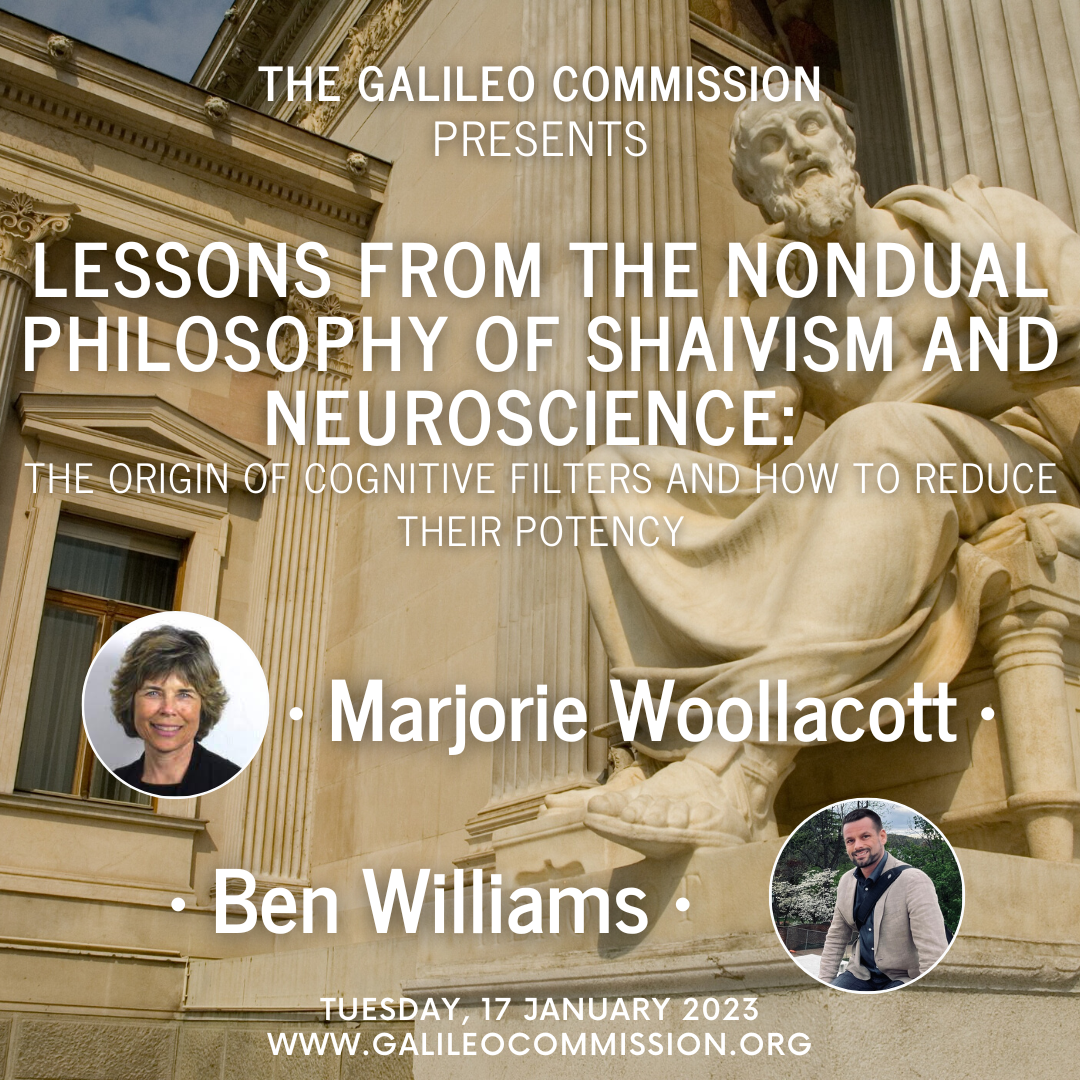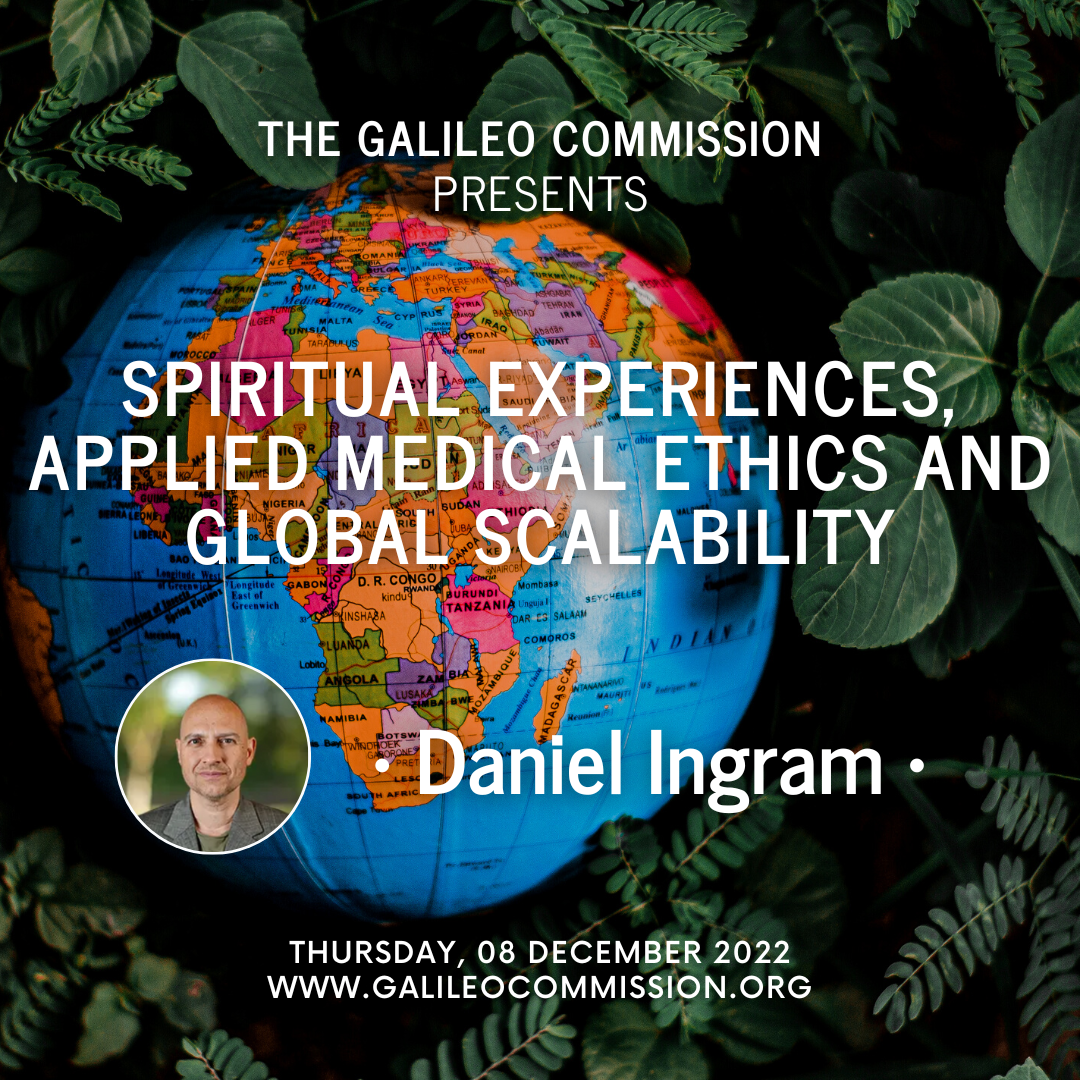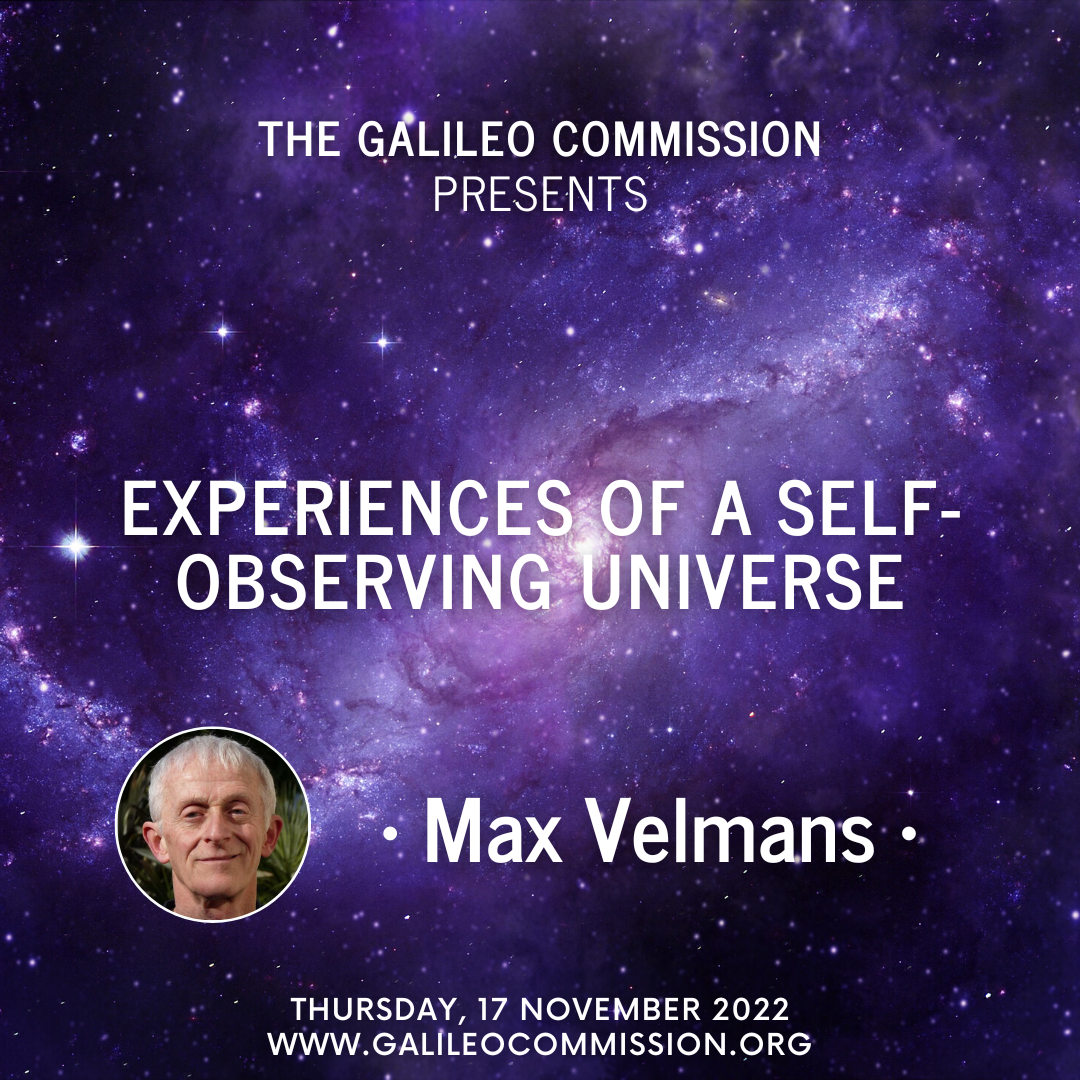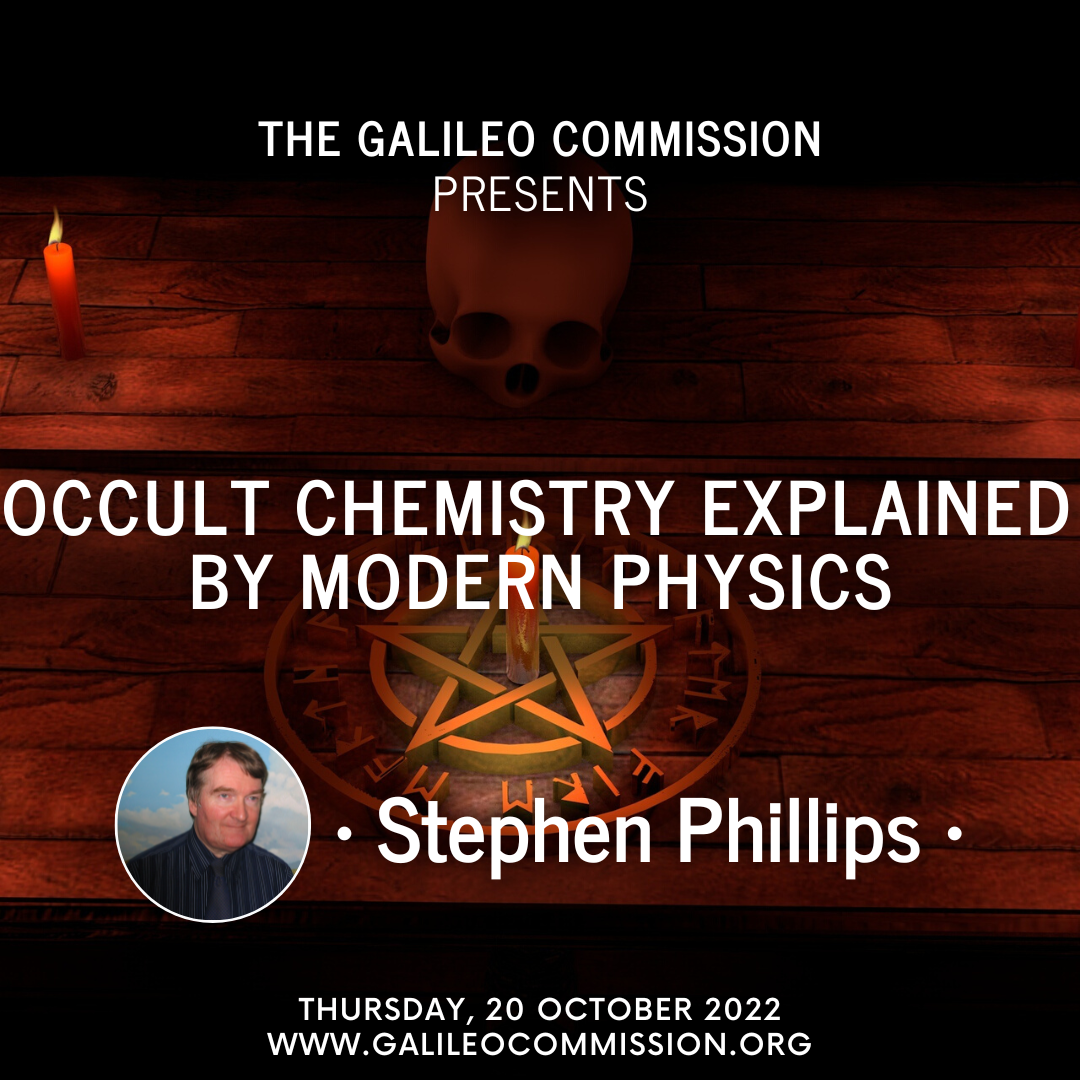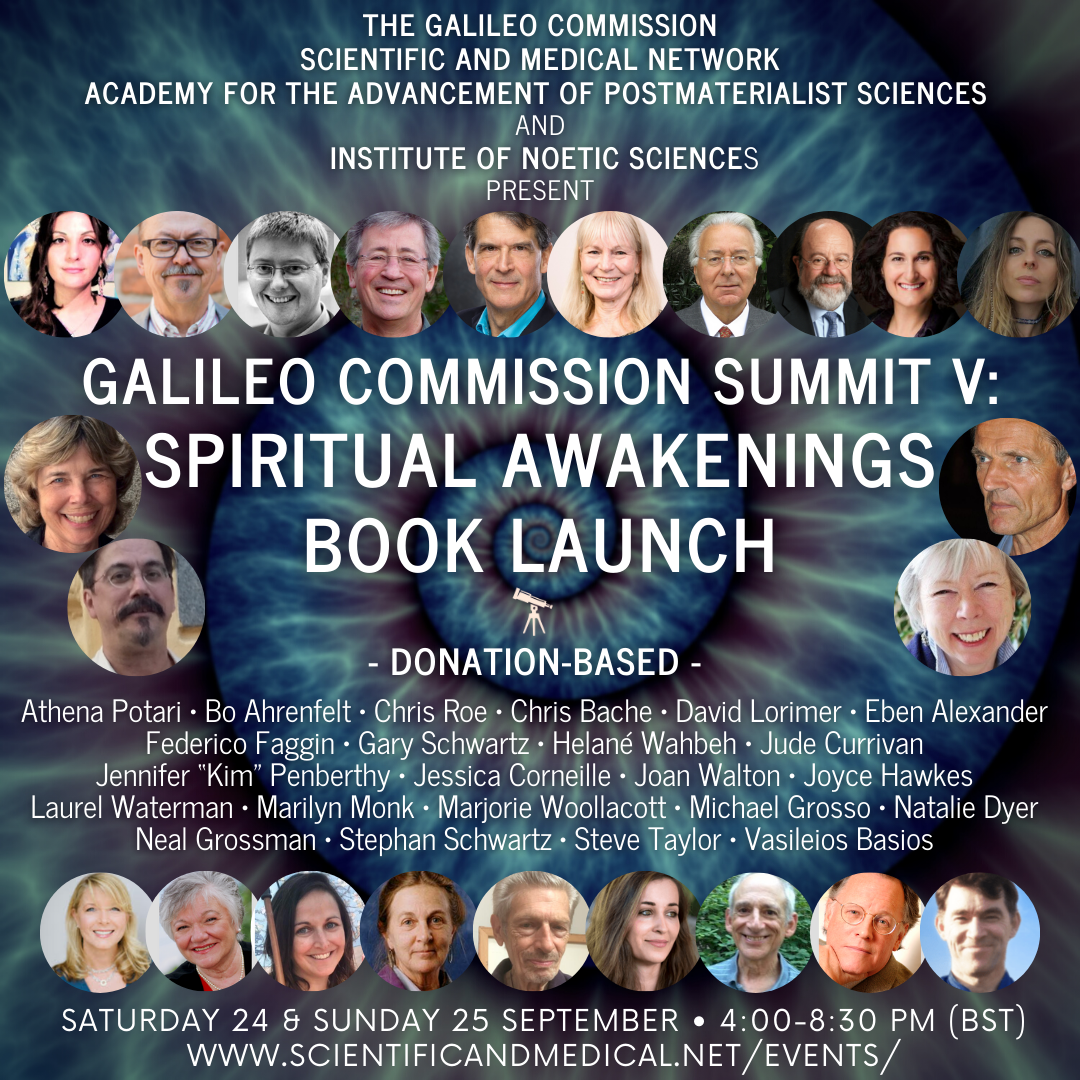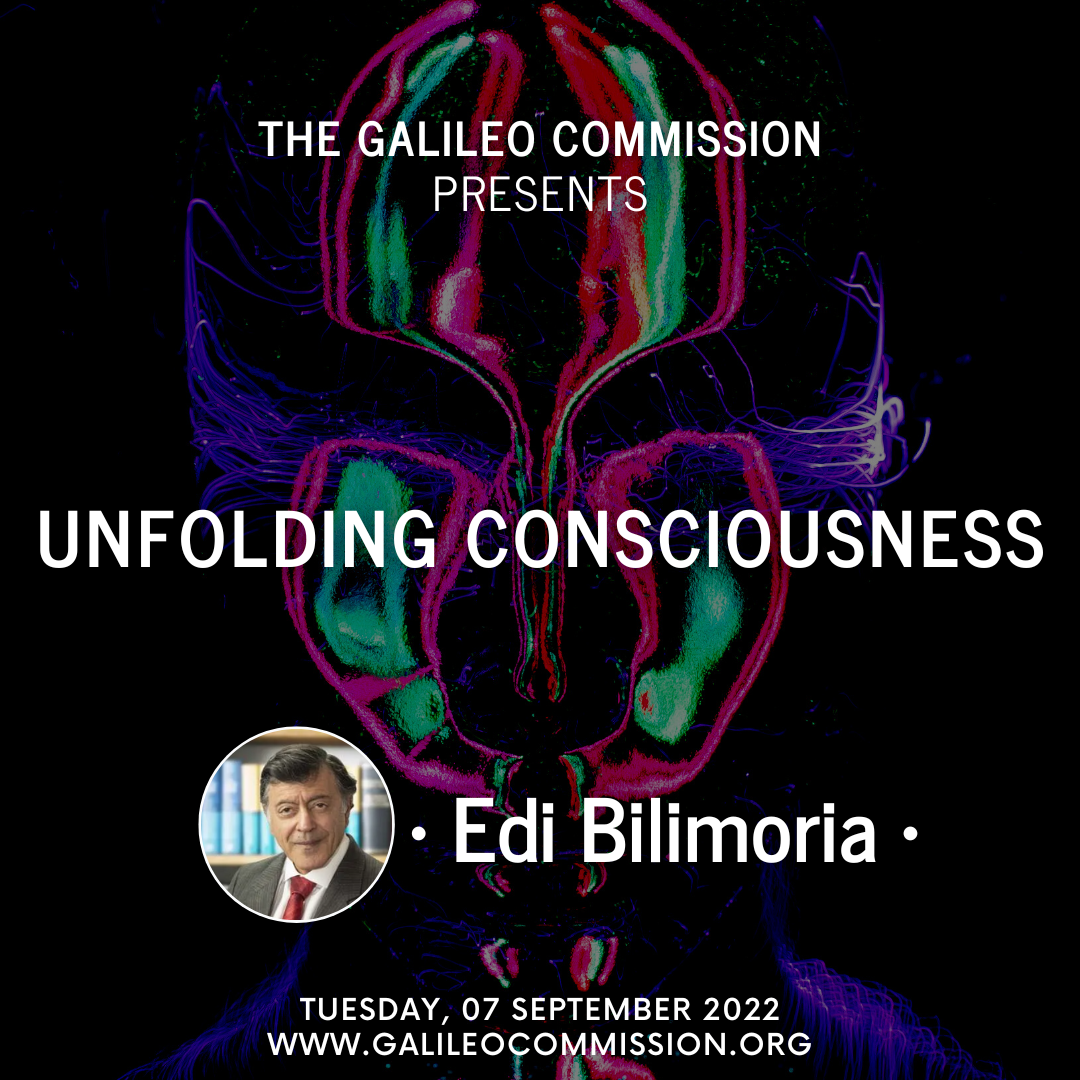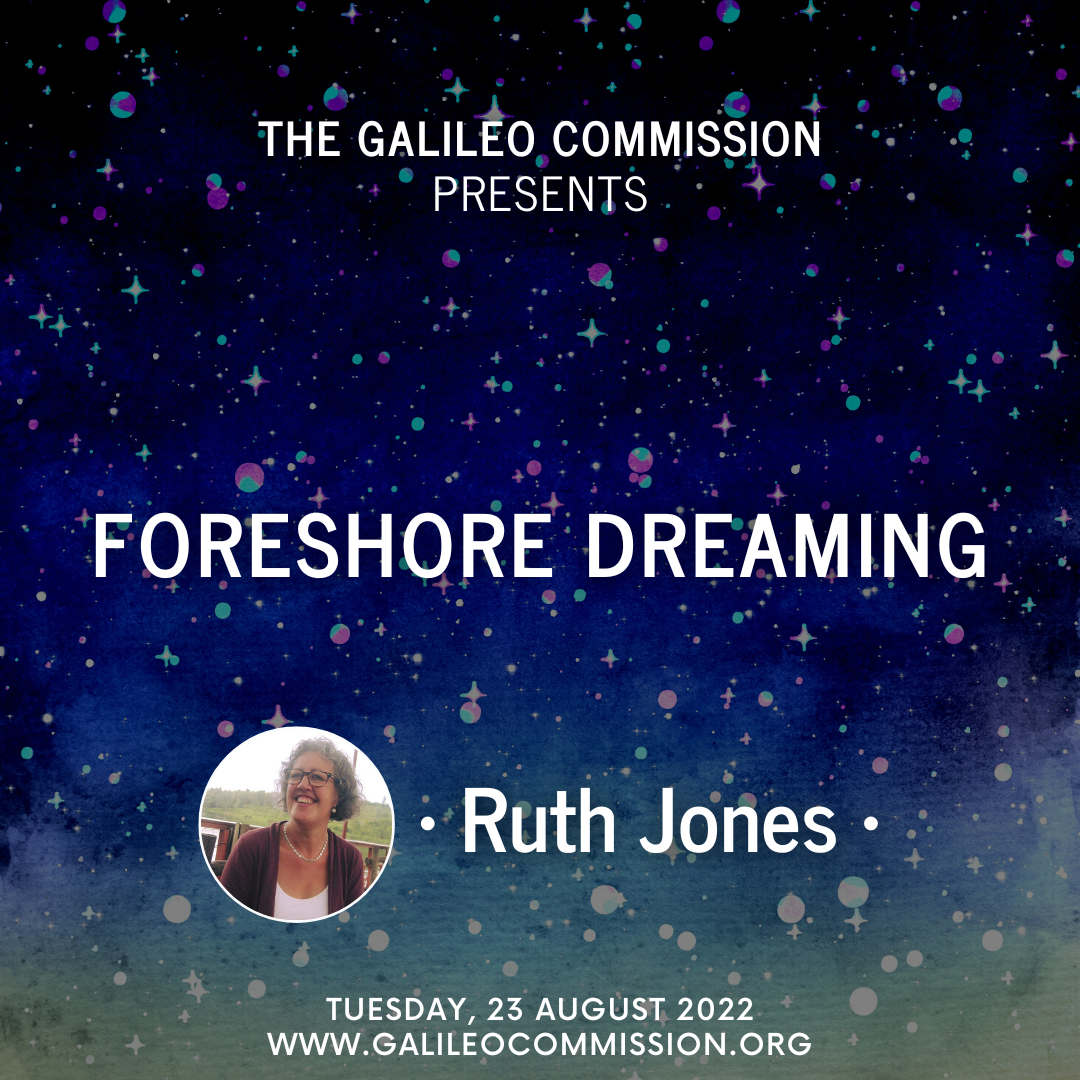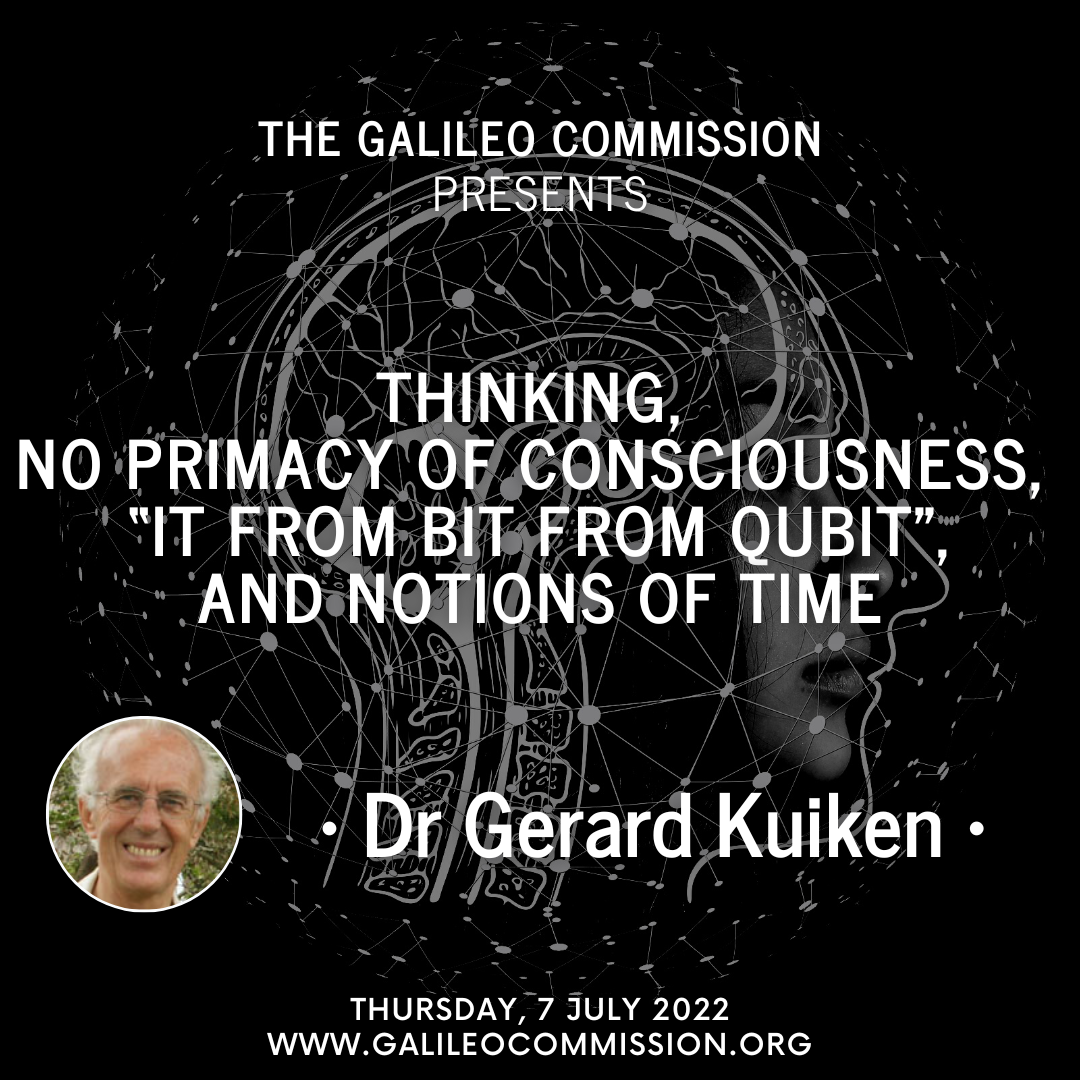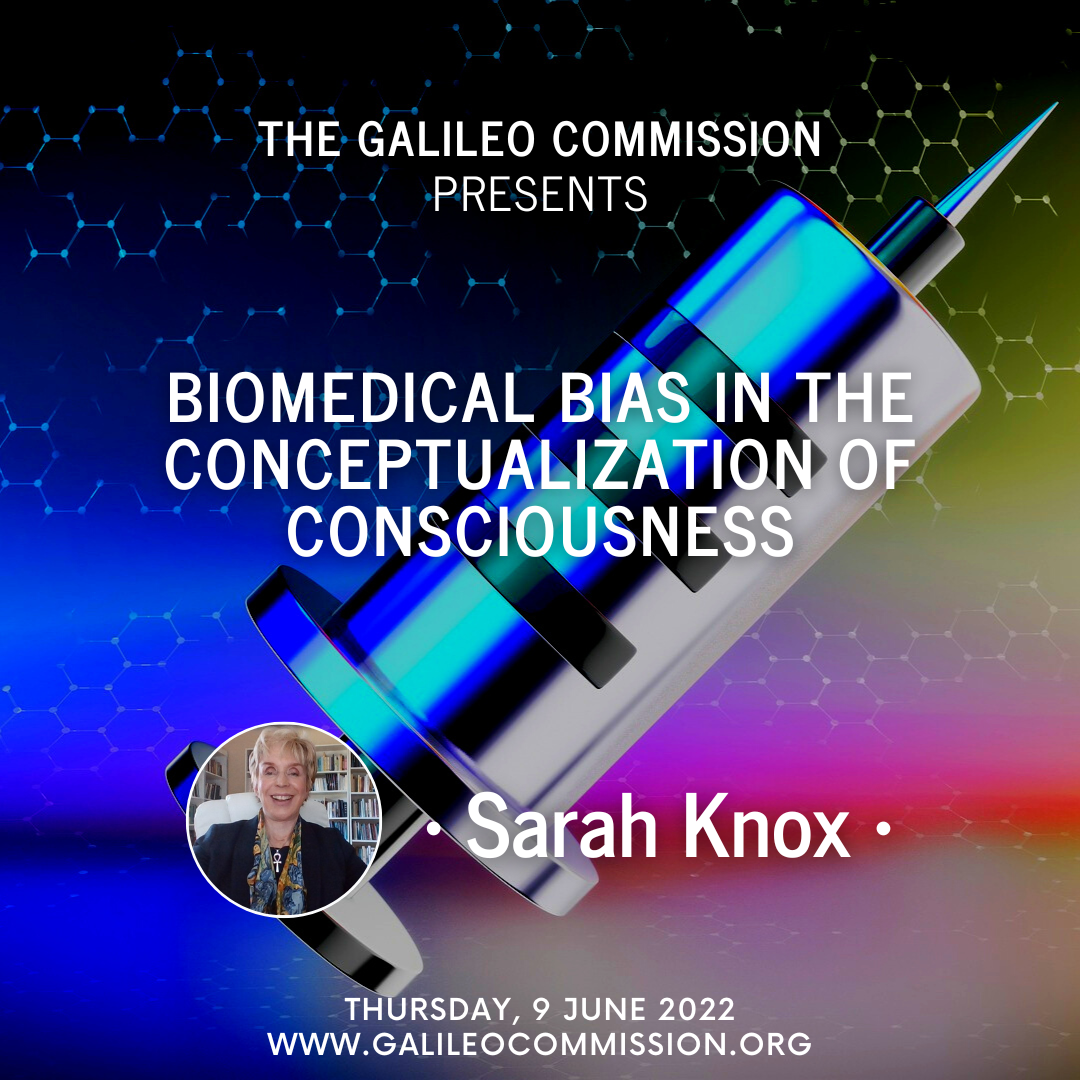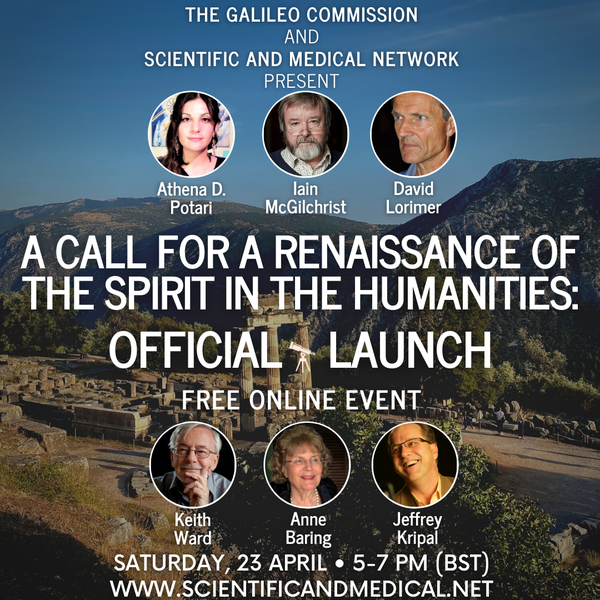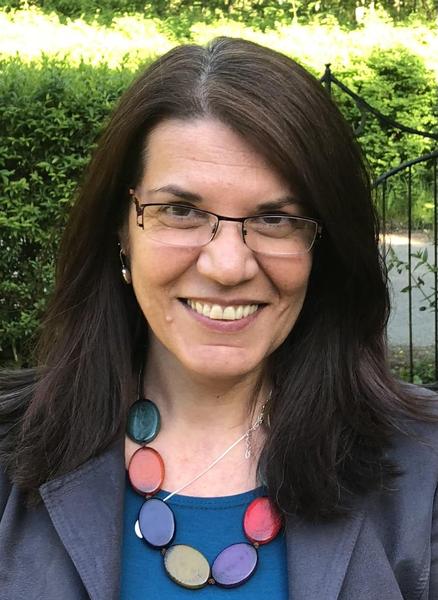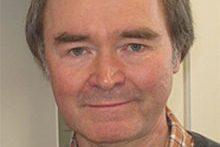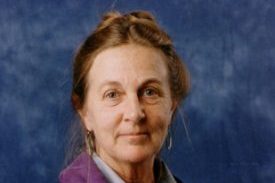Exceptional Experiencer Empowerment Initiative (E³)
During an era when resources for people who experience anomalous phenomena and other hard-to-explain events are still relatively limited, the E³ Initiative is a global community of mental health professionals and scholars who are dedicated to support exceptional experiencers in deeper and more meaningful ways. We provide high-quality education to professionals, equipping them with the tools, resources and ethical guidelines to compassionately support experiencers of anomalous phenomena. Those resources include access to a virtual hub wherein our professional community members can share information and interact with each other, regular consultation groups and other continuing education events for practicing professionals. If you are a mental health professional and this vision resonates with you, we look forward to hearing from you.
Imaginal Inspirations with Stephen Wright
David's Guest today is Rev. Prof. Stephen G Wright FRCN MBE. In his own words, "starting out with the curse-blessing of the original dysfunctional family, Stephen emerged from his Manchester working class background to grow his hair long and wander around Europe like a lot of his generation did in the 60s. He drifted into nursing, and by conventional measures made a success of it, following the first Masters programme at Manchester University and eventually becoming the first consultant nurse in the NHS in 1986. He got into conference speaking and course-leading internationally, shuffled around in academia, made TV programmes, wrote lots of books and research papers about nursing, advised governments and WHO and the Royal College of Nursing, and matured his craft in the nursing practice of older people culminating in leading a radical nursing development unit that influenced nursing far and wide. He gathered lots of glittering prizes along the way to add letters before and after his name, which appealed greatly to the Enneatype 3 personality he carries around with him. Thus all the usual trappings of an acclaimed career were in place.
Jan Pilotti: Conscious Experiences Everywhere – besides in the brain
Event recording Event description Although Einstein concluded that nothing can go faster than light,
Exceptional Experiencer Empowerment Initiative (E³)
During an era when resources for people who experience anomalous phenomena and other hard-to-explain events are still relatively limited, the E³ Initiative is a global community of mental health professionals and scholars who are dedicated to support exceptional experiencers in deeper and more meaningful ways. We provide high-quality education to professionals, equipping them with the tools, resources and ethical guidelines to compassionately support experiencers of anomalous phenomena. Those resources include access to a virtual hub wherein our professional community members can share information and interact with each other, regular consultation groups and other continuing education events for practicing professionals. If you are a mental health professional and this vision resonates with you, we look forward to hearing from you.
Imaginal Inspirations with Stephen Wright
David's Guest today is Rev. Prof. Stephen G Wright FRCN MBE. In his own words, "starting out with the curse-blessing of the original dysfunctional family, Stephen emerged from his Manchester working class background to grow his hair long and wander around Europe like a lot of his generation did in the 60s. He drifted into nursing, and by conventional measures made a success of it, following the first Masters programme at Manchester University and eventually becoming the first consultant nurse in the NHS in 1986. He got into conference speaking and course-leading internationally, shuffled around in academia, made TV programmes, wrote lots of books and research papers about nursing, advised governments and WHO and the Royal College of Nursing, and matured his craft in the nursing practice of older people culminating in leading a radical nursing development unit that influenced nursing far and wide. He gathered lots of glittering prizes along the way to add letters before and after his name, which appealed greatly to the Enneatype 3 personality he carries around with him. Thus all the usual trappings of an acclaimed career were in place.
Jan Pilotti: Conscious Experiences Everywhere – besides in the brain
Event recording Event description Although Einstein concluded that nothing can go faster than light,
Exceptional Experiencer Empowerment Initiative (E³)
During an era when resources for people who experience anomalous phenomena and other hard-to-explain events are still relatively limited, the E³ Initiative is a global community of mental health professionals and scholars who are dedicated to support exceptional experiencers in deeper and more meaningful ways. We provide high-quality education to professionals, equipping them with the tools, resources and ethical guidelines to compassionately support experiencers of anomalous phenomena. Those resources include access to a virtual hub wherein our professional community members can share information and interact with each other, regular consultation groups and other continuing education events for practicing professionals. If you are a mental health professional and this vision resonates with you, we look forward to hearing from you.
Imaginal Inspirations with Stephen Wright
David's Guest today is Rev. Prof. Stephen G Wright FRCN MBE. In his own words, "starting out with the curse-blessing of the original dysfunctional family, Stephen emerged from his Manchester working class background to grow his hair long and wander around Europe like a lot of his generation did in the 60s. He drifted into nursing, and by conventional measures made a success of it, following the first Masters programme at Manchester University and eventually becoming the first consultant nurse in the NHS in 1986. He got into conference speaking and course-leading internationally, shuffled around in academia, made TV programmes, wrote lots of books and research papers about nursing, advised governments and WHO and the Royal College of Nursing, and matured his craft in the nursing practice of older people culminating in leading a radical nursing development unit that influenced nursing far and wide. He gathered lots of glittering prizes along the way to add letters before and after his name, which appealed greatly to the Enneatype 3 personality he carries around with him. Thus all the usual trappings of an acclaimed career were in place.
Jan Pilotti: Conscious Experiences Everywhere – besides in the brain
Event recording Event description Although Einstein concluded that nothing can go faster than light,
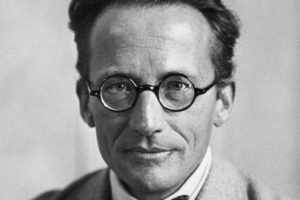
– Erwin Schrödinger
– Prof David Bohm
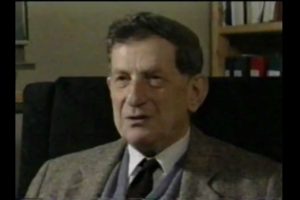
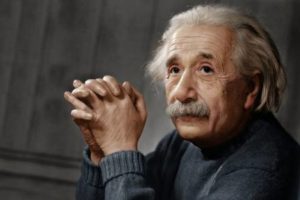
– Albert Einstein
Click on any event to view the recordings as well as event details
